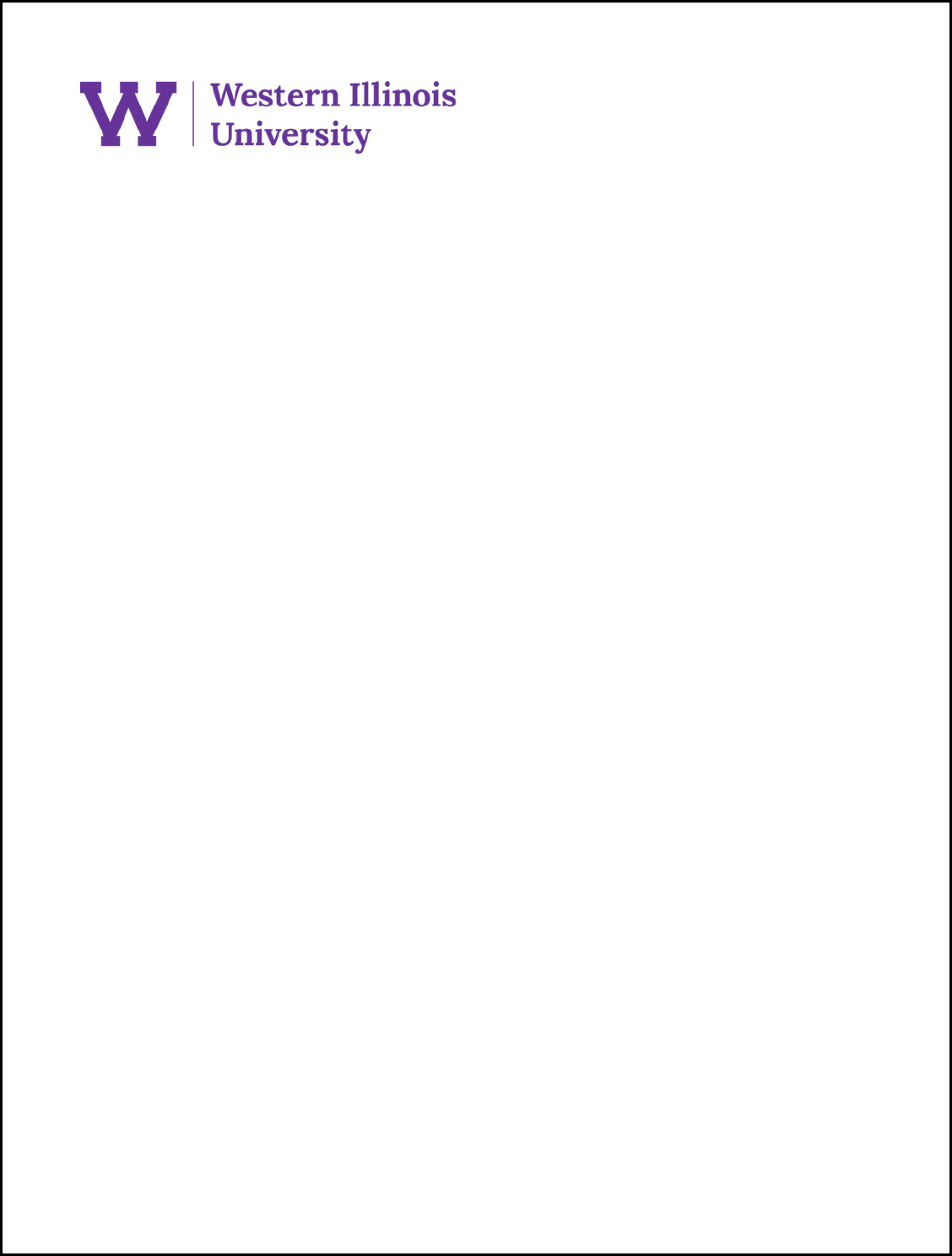
NUTRITION & DIETETICS
STUDENT HANDBOOK
June 2024
Didactic Program in Dietetics
(DPD)
Department of Kinesiology

2
Table of Contents
Kinesiology Department .............................................................................................................................................. 3
Mission of the Dietetics Program ............................................................................................................................... 3
Accreditation Status .................................................................................................................................................... 3
Goals and Objective Measures ................................................................................................................................... 4
DPD Admission and Retention ................................................................................................................................... 4
COEHS Advising Information ................................................................................................................................... 5
Dietetics Program Director Advising ......................................................................................................................... 5
Student Performance Monitoring, Remediation, and Retention ............................................................................. 5
Applying for a Dietetics Supervised Practice Program ............................................................................................ 6
Verification of Completion Statements ...................................................................................................................... 7
Distance Education ...................................................................................................................................................... 7
Distance Education Technology Requirements and Support .................................................................................. 8
Expected Expenses ....................................................................................................................................................... 9
Additional Costs ......................................................................................................................................................... 10
Prior Learning Credit ............................................................................................................................................... 11
Policies ........................................................................................................................................................................ 11
Filing Complaints to ACEND ................................................................................................................................... 12
Graduate Surveys ...................................................................................................................................................... 12
Student Organizations ............................................................................................................................................... 12
Scholarships ............................................................................................................................................................... 13
ACEND’s 2022 DPD Standards ............................................................................................................................... 16
Nutrition Courses ...................................................................................................................................................... 17
Sample 4 Year Plan ................................................................................................................................................... 19
Dietetics Faculty ......................................................................................................................................................... 20
Statements of Receipt ................................................................................................................................................ 21
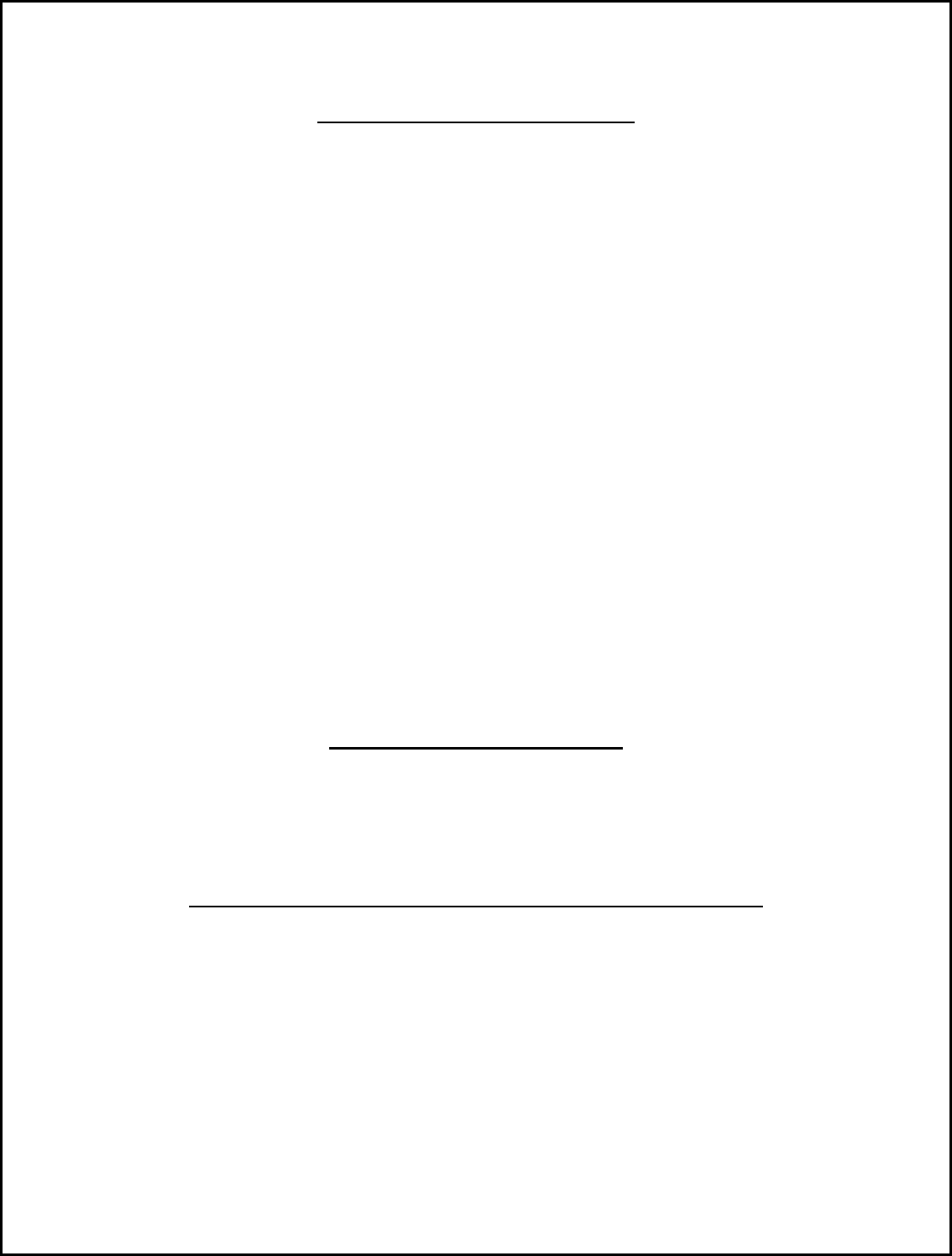
3
The Department of Kinesiology
The Department of Kinesiology is located in the College of Education and Human Services, which is
one of the four major divisions within the University. The Department of Kinesiology at Western Illinois
University has been preparing future professionals for over a century at both the undergraduate and graduate
levels. The curriculum for each of the four undergraduate majors that are offered balances time spent in the
classroom learning concepts, theory and skills with time spent applying this information during hands-on
experiences.
At the undergraduate level, the department prepares students for careers in dietetics, exercise science,
physical education, and nutrition and foodservice management. Graduates of the program are employed in a
wide variety of areas including adapted physical activity, clinical, community, educational, fitness, and sports
medicine settings.
At the graduate level, degrees are offered in kinesiology and sport management. Each of these majors
allows students to focus their program in a specific area that provides them with the knowledge, skills, and
ability to reach their career goals.
In addition to these majors, the Department of Kinesiology offers three minors (coaching, nutrition,
and scuba) as well as offering a variety of General Education fitness, nutrition, and sports courses for all
Western Illinois University students. The advisor helps students select courses from other departments that
will complete preparation for the career of their choice.
Mission of Dietetics Program
The mission of the Didactic Program in Dietetics at Western Illinois University is to prepare
graduates with the knowledge and competencies expected of those entering a supervised practice program or
entering a nutrition-related health career including becoming a registered dietitian.
Accreditation Status of the Didactic Program in Dietetics
The Accreditation Council for Education in Nutrition and Dietetics (ACEND) last accredited the
current dietetics program at Western Illinois University as a Didactic Program in Dietetics (DPD) in 2016.
The Council is located at the Academy of Nutrition and Dietetics headquarters at 120 S. Riverside Plaza
#2190, Chicago, IL 60606; 800-877-1600 extension #5400. After receiving the degree in Nutrition and
Dietetics and meeting the competencies for the DPD, students are eligible for a verification statement which is
required to apply for an accredited Supervised Practice Program. After completion of the Supervised Practice
Program and graduate degree, students are verified to take the Registration Examination to earn the credential
RD (Registered Dietitian).
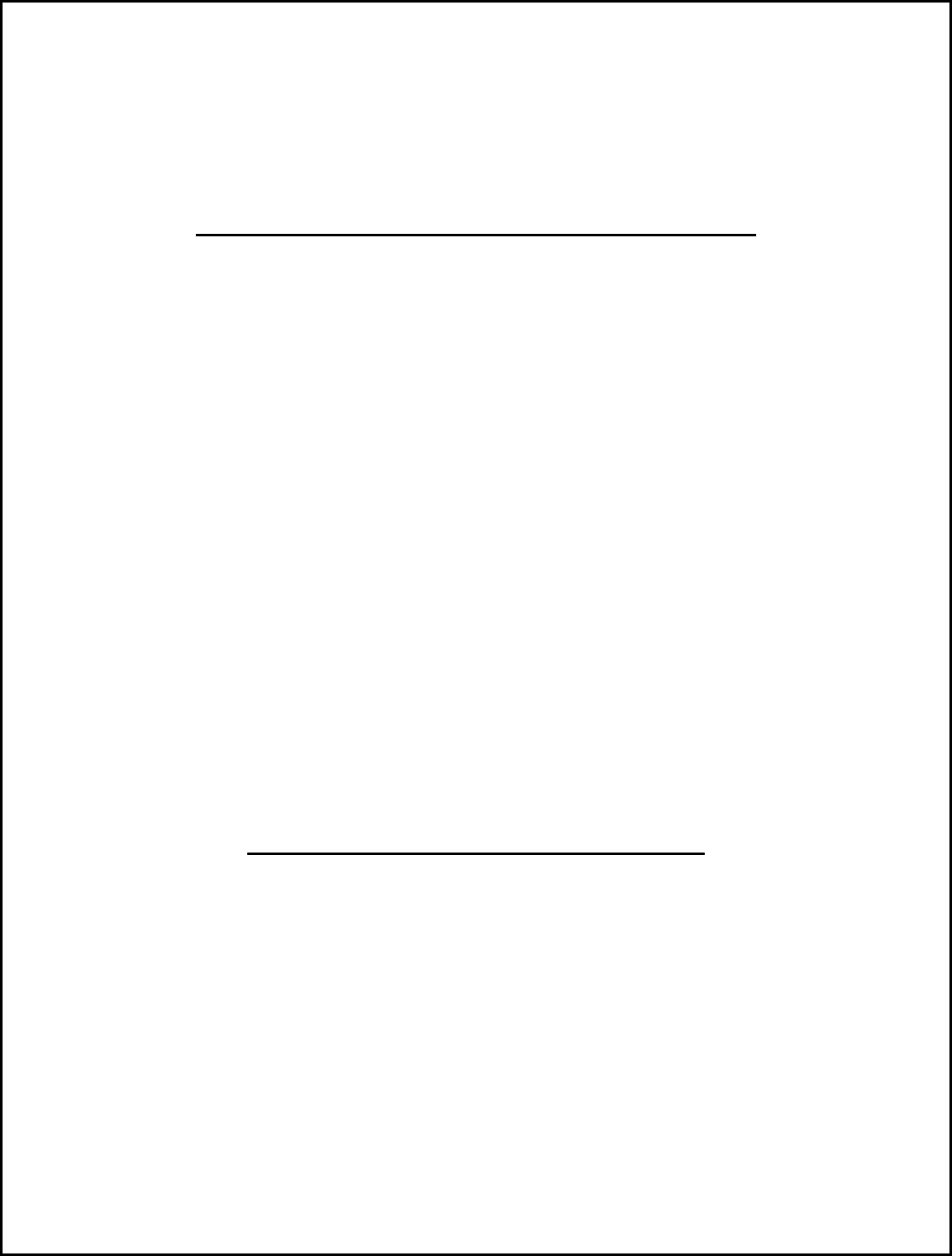
4
(*Please note that students/interns will need to have a master’s degree in order to take the Commission on Dietetic
Registration (CDR) credentialing exam to become a registered dietitian nutritionist after January 1, 2024.)
Goals and Objective Measures of the Dietetics Program
Program Goal #1: Program graduates will be competent entry-level nutrition professionals.
• Objective Measures
o At least 80% of students complete program requirements within 3 years (150% of
planned program length).*
o At least 50% of program graduates apply for admission to a supervised practice program
prior to or within 12 months of graduation.*
o Of program graduates who apply to a supervised practice program, at least 80% are admitted
within 12 months of graduation.*
o The program’s one-year pass rate (graduates who pass the registration exam within one year
of first attempt) on the CDR credentialing exam for dietitian nutritionists is at least 80%.*
o Within 12 months of graduation, at least 85% of supervised practice program directors who
respond to the survey will indicate the graduate was adequately prepared.*
(* Required program objectives.)
Program Goal #2: Program graduates will be active professionals.
• Objective Measures
o At least 85% of graduates who respond to the alums survey indicate membership in at least
one professional organization or professional activity including precepting students/interns.
o At least 95% of graduates who respond to the alums survey indicate that the program
prepared them adequately in professionalism.
o At least 90% of supervised practice program directors will respond that students performed
satisfactorily as professionals.
(* Outcome data measuring achievement of program objectives available upon request.)
DPD Admission and Retention Requirements
1. To be accepted into the Bachelor of Science in Nutrition and Dietetics program, a student must have
a minimum cumulative 2.75 GPA.
2. After admission into the Bachelor of Science in Nutrition and Dietetics program, each student must
maintain a cumulative GPA of 2.75 or higher on a 4.00 scale to be retained in the Nutrition and
Dietetics program. Students with less than a 2.75 GPA after admission to the Nutrition and Dietetics
program will be dismissed from the program.
3. Students must have a cumulative GPA of 2.75 or higher on a 4.00 scale in addition to required
competency achievement in all Knowledge for Registered Dietitian Nutritionists (KRDNs) in order to
receive a verification statement from the WIU Nutrition and Dietetics program.
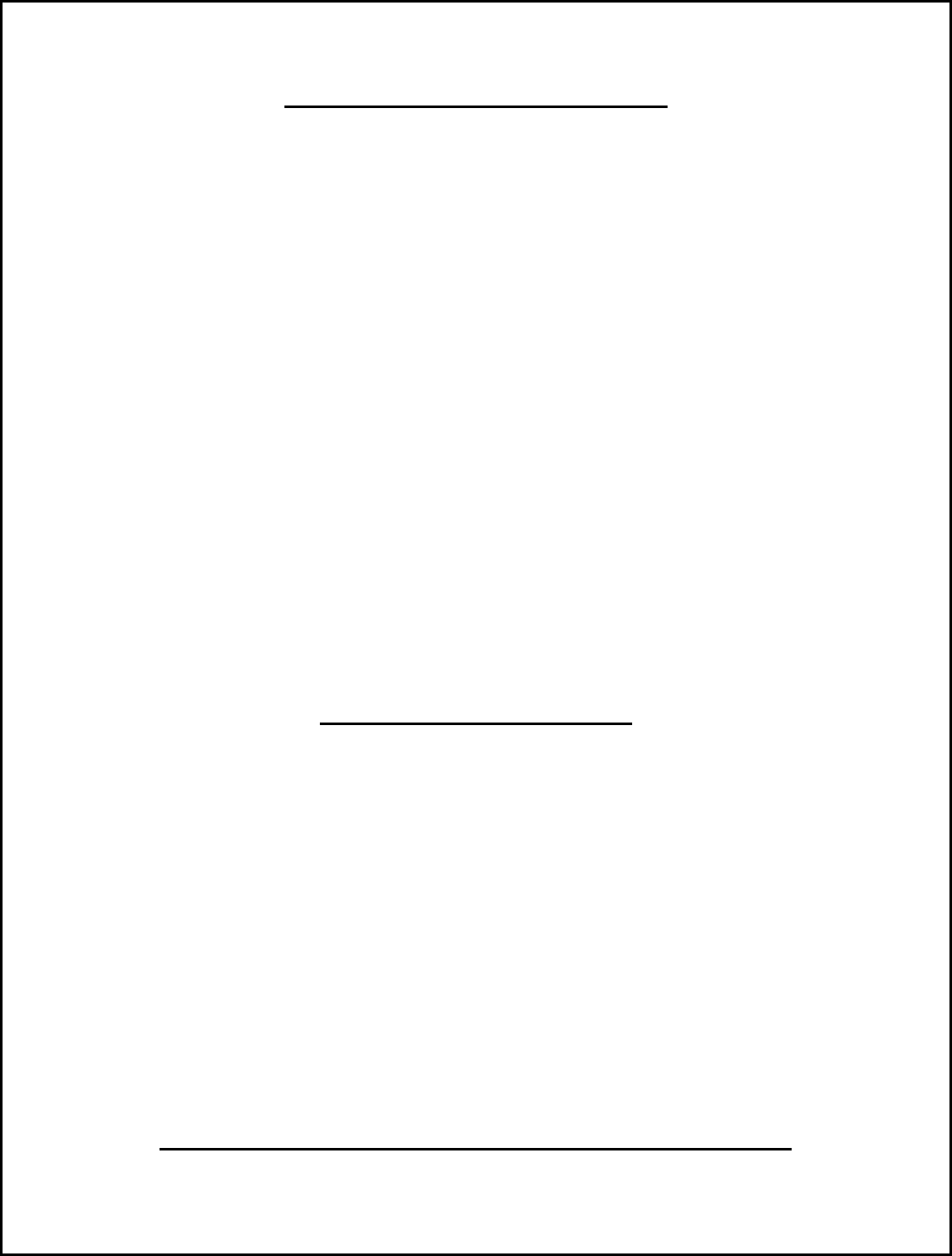
5
Advising Information and Procedures
The academic advisor for the Nutrition and Dietetics program is located in Horrabin Hall room 91.
The academic advisor is available to help students plan their degree program, assist in registering for each
semester’s classes, and direct students to the appropriate person on campus when students have other
concerns or career questions. A sample four-year plan for the program is included in this handbook. Students
should expect to complete prerequisites for courses listed in the University Catalog. Exceptions may be made
on occasion when a student’s scheduled plan would require extra semesters, but only under special
circumstances. The exceptions include a student who is obtaining a second degree and has a strong grade
point average. In addition, this would require the approval of the Program Director and the instructor of the
course in question. Students can also expect the academic advisor to keep current records on academic
progress, check and approve graduation applications, and provide the latest information on policies,
procedures, requirements, and facilities of the university. The information needed for making an appointment
with the advisor is as follows:
Advisor Name .......................................................................................................................... Monica Eskridge
Office Address .......................................................................................................................... Horrabin Hall 91
Telephone ....................................................................................................................................... 309-298-1438
Office Hours .............................................................................. M - F, 8:30 a.m. to 4:00 p.m. by appointment
Advising for Dietetics Students
In addition to the academic advising available through the College of Education and Human Services,
students who are planning to meet the competencies in Nutrition and Dietetics should meet with the Director
of the Didactic Program in Dietetics early in their academic experience. Dr. Lorri Kanauss is the Director of
the Nutrition and Dietetics Program.
Dr. Kanauss will be responsible for signing the verification statements of those students who have
met the competencies for the undergraduate Nutrition and Dietetics program, allowing graduates to apply for
a post baccalaureate supervised practice program. The DPD Director will also advise students on preparing
applications for dietetic supervised practice programs. If students have transferred to WIU, Dr. Kanauss will
need to review catalog descriptions and syllabi from courses taken at other universities or programs to
determine if the competencies have been met. Contact Dr. Kanauss directly for an appointment at 217-430-
4545. Her office is Stipes Hall 402 M and office hours are posted on her door.
Student Performance Monitoring, Remediation, and Retention
Students in WIU’s DPD program are closely monitored for their progress in courses, GPAs, and
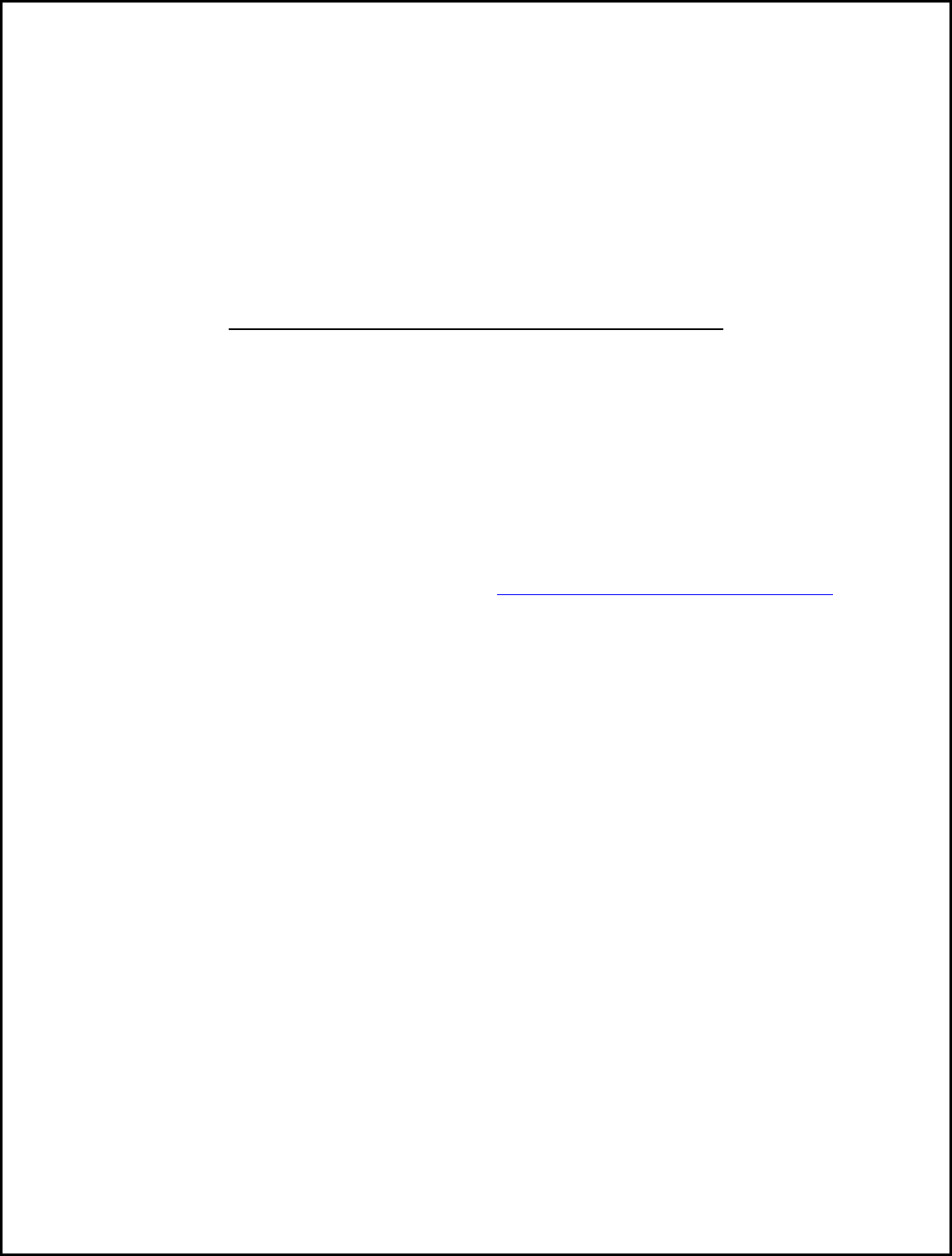
6
competencies by dietetics faculty and the academic advisor. All students are required to meet with their
academic advisor each semester before being allowed to register for the next semester’s courses. Students can
also contact their academic advisor to discuss campus resources such as Success Coaching, the Writing
Center, and the Counseling Center. Dr. Kanauss works with faculty and students to explore remediation
options to assist students in meeting competencies. The dietetics faculty are here to help students succeed and
graduate from WIU!
Applying for a Dietetic Supervised Practice Program
In order to become a registered dietitian, students must complete the following:
• Complete an ACEND accredited dietetics undergraduate program achieving all of the ACEND 2022
Standards/Knowledge for Registered Dietitian Nutritionists (KRDNs)
• Receive a verification form from the Dietetics Program Director
• Apply and receive acceptance into an accredited Dietetic Supervised Practice Program
• Complete the Supervised Practice Program
• Complete a graduate degree program (included in most Supervised Practice Programs)
• Pass the Commission on Dietetic Registration (CDR) credentialing exam
• Some states, including Illinois have regulatory laws that require licensure for nutrition and dietetic
practitioners, including registered dietitians (http://www.idfpr.com/profs/dietNutrition.asp
) for
licensure information in Illinois.
The Nutrition and Dietetics program at Western Illinois University meets the first of these
requirements. The Supervised Practice Program is a minimum of 1000 supervised practice hours designed to
put the theoretical knowledge from the undergraduate degree into practice in a variety of settings such as
hospitals, long-term care facilities, outpatient counseling, public nutrition programs, school lunch programs,
and dietetic management experiences. The length of time in each rotation will vary with the program. In
addition, graduates will be completing a master’s degree while completing the supervised practice hours
unless they have previously earned a graduate degree.
The supervised practice program selection process is extremely competitive. Therefore, it is important
that students begin early to build resumes to help increase the chances of acceptance into a program. Several
factors are taken into account when programs accept students. One of the most important factors is a student’s
grade point average. Students should strive to achieve and maintain above a 3.0 grade point average. If
students are having trouble with a class, they should see the instructor immediately to get help. In addition,
they need to contact Dr. Kanauss and let her know about the difficulty. In some cases, upperclassmen are
willing to tutor students with chemistry or other course requirements.
Students can also increase their chances of being selected into a supervised practice program by
gaining work experience in the profession of dietetics. Students achieve this in a variety of ways. Some use
summer work hours in a hospital dietary department to gain this experience. Nursing homes in Macomb often
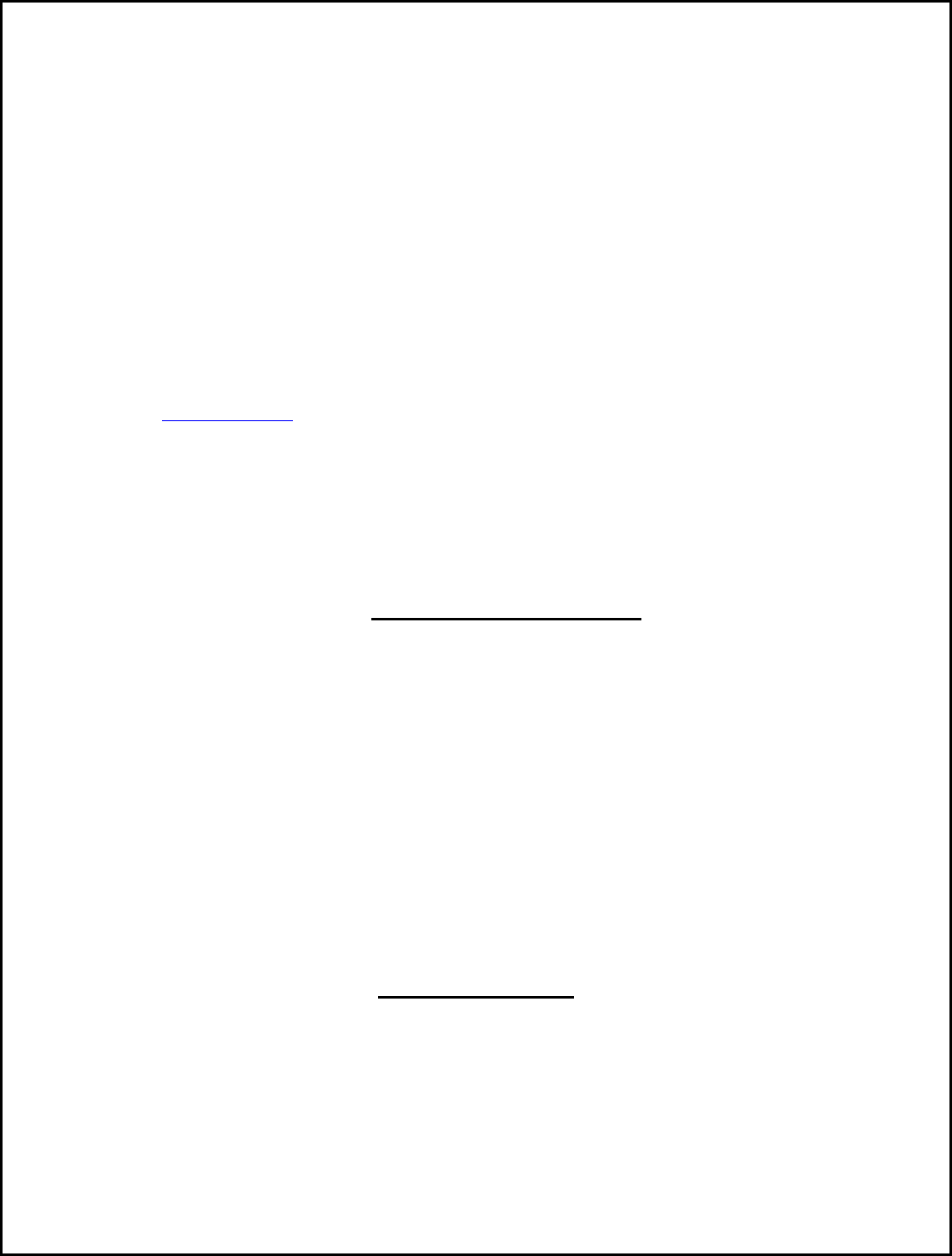
7
hire dietetics students as part-time workers in the dietary department. Some students volunteer at local WIC
offices. In addition, students will be required to take a dietetics practicum course through WIU, which can be
completed at local facilities in the student’s hometown. For students having difficulty finding appropriate
experiences, again see Dr. Kanauss or another dietetics faculty. They are happy to help students find a way to
get experience.
Supervised practice programs also seek students who have demonstrated leadership skills. Try to
become involved in student organizations. Being involved with student organizations can help students
demonstrate leadership skills. The Kinesiology Department has several student organizations that offer many
opportunities for experience. Becoming active in the dietetics profession early is also desirable. Students can
become an associate member of the Academy of Nutrition and Dietetics for a reasonable amount and can join
anytime at www.eatright.org
. During the Junior or Senior year, try to attend the national Food and Nutrition
Conference and Expo of the Academy of Nutrition and Dietetics and/or Illinois Academy of Nutrition and
Dietetics Spring Assembly. Faculty may assist students in setting up transportation and housing; however,
students will need to plan their budget so that they can afford to take advantage of this opportunity to hear the
latest developments in dietetics, meet potential supervised practice program directors, and network with
students and dietitians.
Verification of Completion
Graduates who have achieved all of the ACEND 2022 Standards/Knowledge for Registered Dietitian
Nutritionists (KRDNs) and required GPA minimum will receive verification forms whether or not they have
applied for or been accepted into a dietetic supervised practice program. During the last semester in the
program, students should make arrangements with Dr. Kanauss regarding verification forms. Required
information for the form includes first, middle, and last names. Give this information, along with a summer
address to Dr. Kanauss before leaving campus. Upon verification from the Registrar’s office that all program
courses have been successfully completed, graduates will receive three originally signed copies of the
verification form. Please keep these forms in a secure place. Graduates will need one copy for entrance into a
dietetic supervised practice program and another to sit for the registration exam. Graduates may need other
copies for other professional certifications at later times in their professional development.
Distance Education
After modifying teaching techniques during the COVID public health emergency with available
technologies, the dietetics faculty made the decision to continue offering online courses to students. Western
Illinois University’s vision is to strive to be a leader in educational quality, opportunity, and affordability
among regional public universities. Living on campus is expensive, and allowing students to attend while
living at home can save a significant amount of money, thus fulfilling WIU’s vision. WIU is committed to a
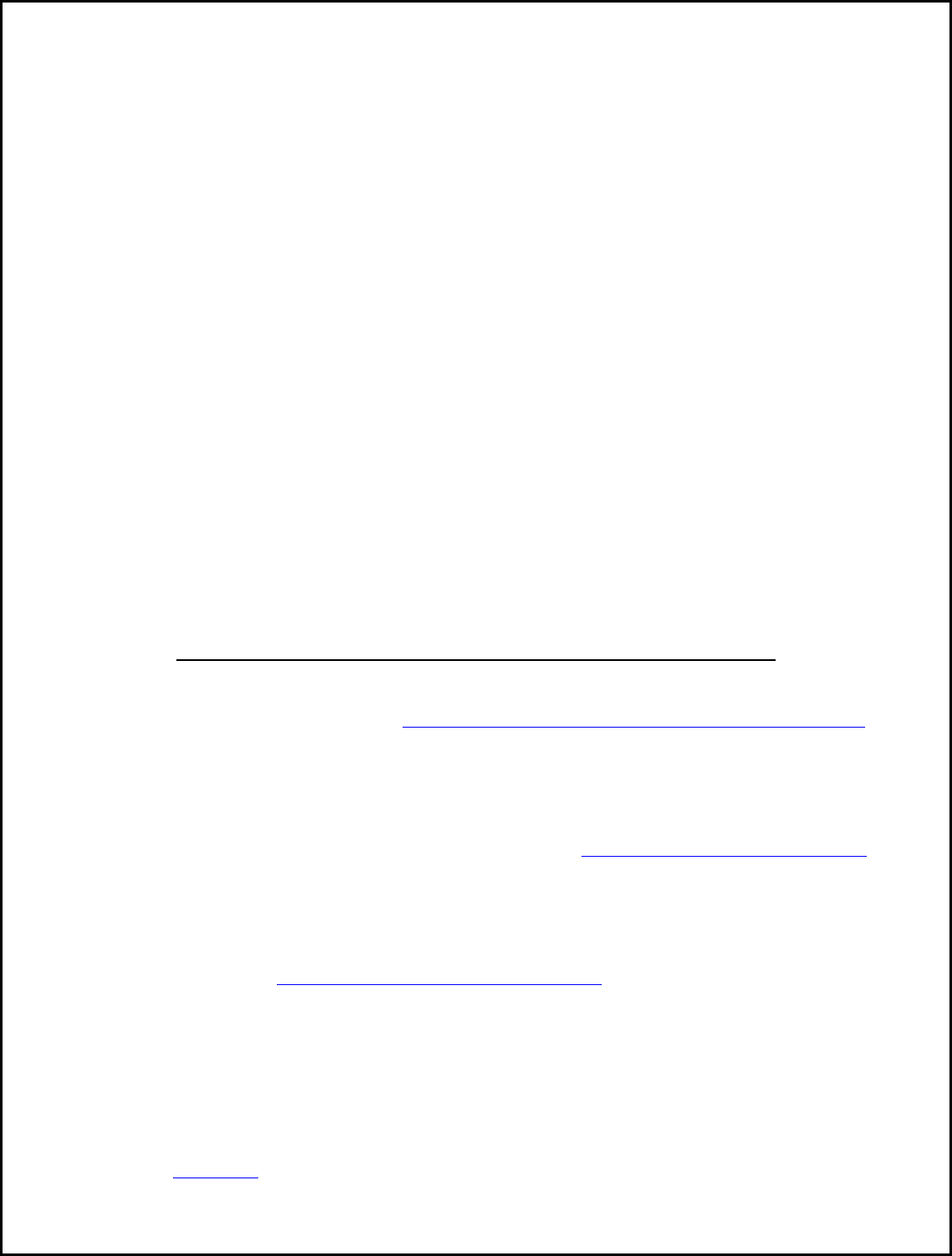
8
diverse student body. Offering online courses has increased the dietetics program’s diversity with
international students and students from areas outside of Macomb, IL.
With proper advising, students can complete their first two years at a community college or WIU and
then complete the last two years of the Nutrition and Dietetics program online at home or in Macomb, IL. All
NUTR courses are offered online. Several courses are offered in multiple modalities (face-to-face,
livestreaming, and online) each semester. The courses that are offered via face-to-face and livestreaming are
typically on Tuesdays/Thursdays so students who need to work more than weekends have that option. There
are no additional costs for online courses. The Nutrition and Dietetics faculty also offer weekly optional
Zoom reviews for all online courses. WIU provides significant technical assistance for online students.
All students enrolled in the Nutrition and Dietetics program need the same technology requirements
since all exams are taken online. To gain access to class exams, students must login to WesternOnline with
their usernames and passwords. WIU employs Respondus LockDown Browser, Monitor, and Live proctoring
via videoconference. Instructors require a student ID and photo to be taken to validate identity. For those
students on campus, there are several computer labs available throughout the campus. WIU requires
authentication to WesternOnline by requiring a username and ID. It also requires a separate ID and password
to access student records including financial aid, grades, registration, STARS, etc.
Distance Education Technology Requirements and Support
Western Online Technical Requirements: http://www.wiu.edu/CITR/resources/wo_tech_requirements.php
)
• Technical Support for Western Online is provided through the Western Online Brightspace Virtual
Assistant by clicking on the Get Help! link/icon at the bottom right corner of every page in
Western Online.
• Instructions for using the Virtual Assistant can be found at https://wiu.edu/citr/home/get_help.php.
• All other technical support, including issues with enrollment in online courses, should be requested
by contacting:
University Technology (uTech) Support Center
Website: http://www.wiu.edu/university_technology/
Phone: (309) 298-TECH (8324)
All Nutrition and Dietetics courses require exam proctoring using Respondus LockDown Browser and
a webcam for online exams.
• The webcam can be built into the computer or can be the type that plugs in with a USB cable. Watch
this short video
to get a basic understanding of LockDown Browser and the webcam feature. A
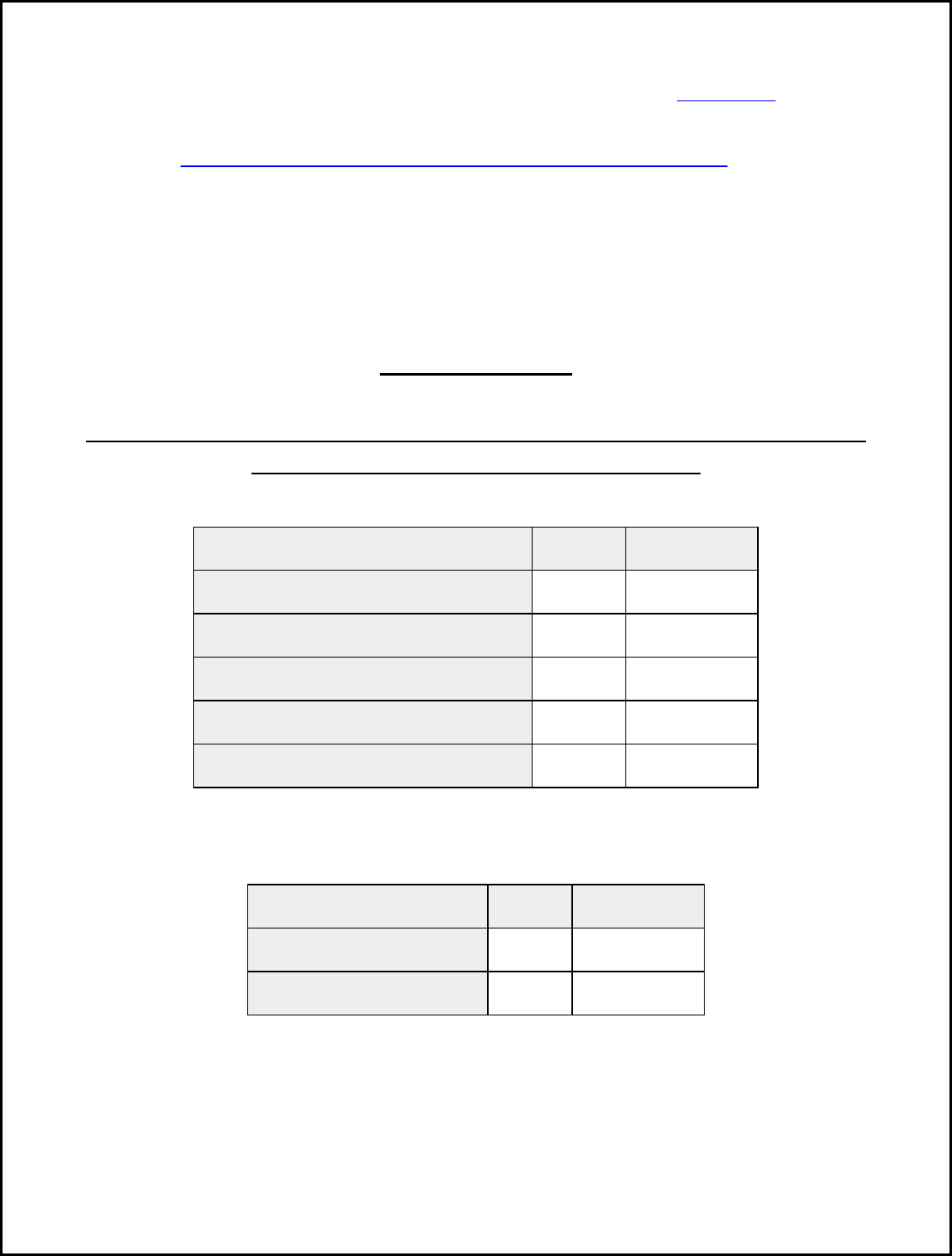
9
student Quick Start Guide is also available. Recommend reviewing the WIU tutorial for students.
• Then download and install LockDown Browser from this
link: https://download.respondus.com/lockdown/download.php?id=836614457
• Within the Getting Started section of the course students will find the WIU student tutorial and a
practice exam for both LockDown Browser and LockDown Monitor. It is essential that students
complete both to ensure that their computer and webcam are working properly with Respondus
LockDown Browser proctoring prior to their first exam.
Expected Expenses
A full-time, domestic, new undergraduate student with 15 semester hours could expect to incur the
following expenses during the 2024–2025 academic year:
Semester
Academic Year
Tuition
$5,047.50
$10,095.00
University Fees and Health Insurance
$2,584.40
$5,168.80
Orientation, ResNet, and Transcript Fees
$290.00
$415.00
Room (Double) and Meal Plan
$5,660.00
$11,320.00
Total Tuition, Fees, and Room/Meal Plan
$13,581.90
$26,998.80
Other Estimated Costs
Semester
Academic Year
Books (estimate)
$600.00
$1,200.00
Personal Expenses (estimate)
$1,010.50
$2,021.00
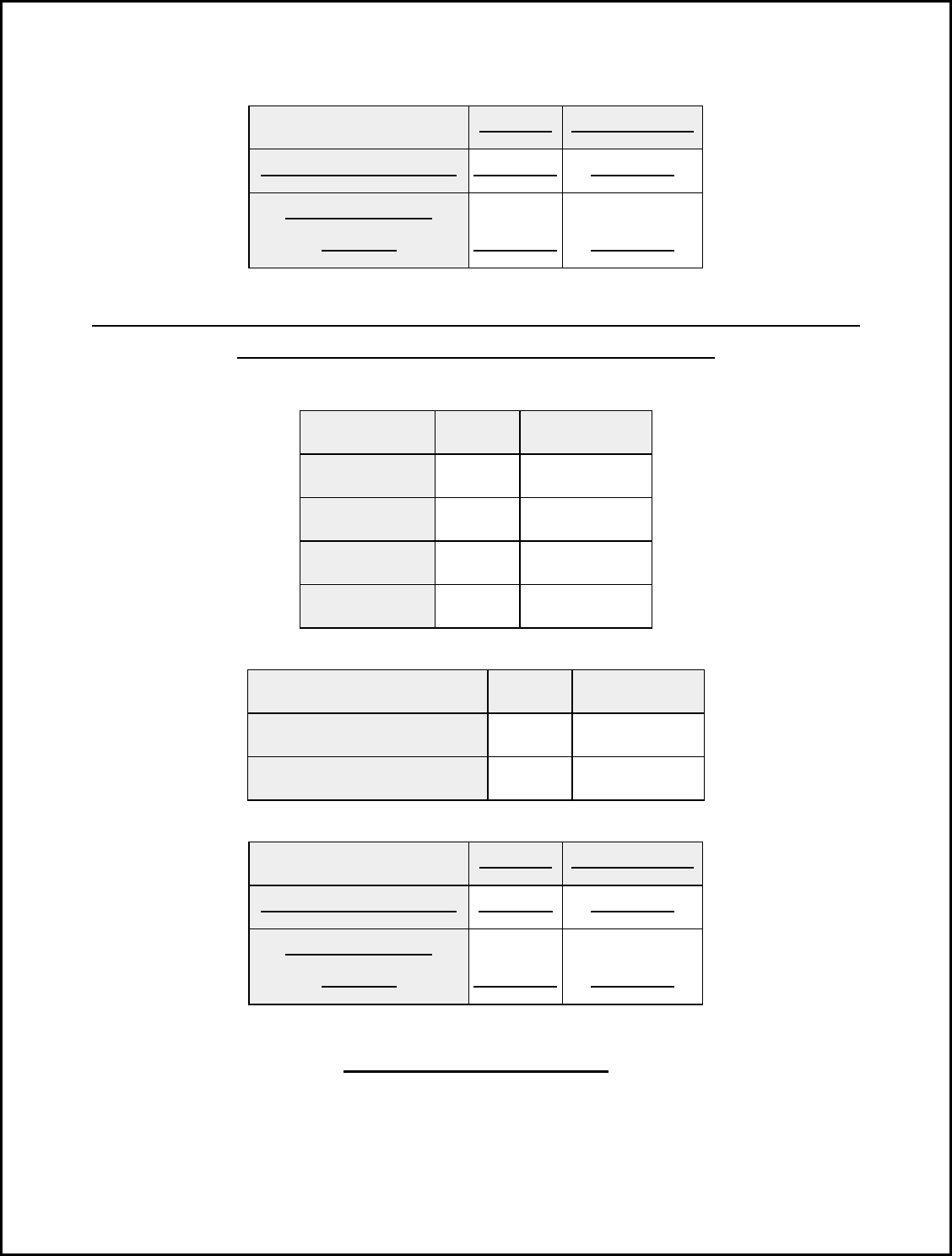
10
A full-time, online only, new undergraduate student with 15 semester hours could expect to incur
the following expenses during the 2023–2024 academic year:
Semester
Academic Year
Tuition
$5,047.50
$10,095.00
University Fees
$1,523.40
$3,046.80
Transcript Fees
$15.00
$15.00
Total
$6,585.90
$13,156.80
Other Estimated Costs
Semester
Academic Year
Books (estimate)
$600.00
$1,200.00
Personal Expenses (estimate)
$1,010.50
$2,021.00
Semester
Academic Year
Domestic Total (estimate)
$8,196.40
$16,377.80
International Total
(estimate) $11,982.10
$23,949.20
Additional Program Costs
In addition to university tuition, room and board, etc., certain costs will be incurred in the Nutrition
and Dietetics degree program at Western Illinois University. The following items are estimated costs offered
to assist students in planning for their financial responsibilities while at Western.
Semester
Academic Year
Domestic Total (estimate)
$15,192.40
$30,384.80
International Total
(estimate) $17,967.60
$35,935.20

11
Student organization membership fee(s) (varies)…………………...$10–40.00/year
ServSafe Managers Certification....…………………………………………….$180
2 Foods Classes………………………………………………………..$250.00/each
Prior Learning Credit
Undergraduate transfer students may earn transfer credit at Western Illinois University for classes
taken at appropriately recognized institutions. Courses taken at schools outside the U.S. will be evaluated on a
course-by-course basis. Transfer Credits - Western Illinois University (wiu.edu)
Additionally, students taking NUTR 320 who have worked a minimum of 90 hours in quantity
foodservice within the past 5 years can request a meeting with the program director to prove requirements for
prior learning credit for the lab hours portion of the course have been met. However, the student will still be
responsible for completing the individual lab session with the instructor.
Requirements:
• Facility type: school, hospital, or nursing home. (No restaurants) Facility must prepare food for at
least 100 people. Lab component can be paid or volunteer.
• Students must be able to help in the preparation of meat/meat alternatives, starchy sides, cooked
vegetables, salads, fruit, bread, dessert, and a mixed dish/casserole.
• Define different types of menus and/or meal plans that promote health and disease management to
meet student’s/patient’s/resident’s needs.
• Take temperatures of food prior to serving the public.
• Check temperatures of coolers and freezers.
• Practice resolving differences or dealing with conflict with supervisors, coworkers, or
students/patients/residents.
Other Policies
Please see the Undergraduate Catalog and/or Student Handbook for the following policies:
• Application Apply - Western Illinois University (wiu.edu)
• Estimated costs Cost Estimator - Western Illinois University (wiu.edu)
• Availability of financial aid Financial Aid - Western Illinois University (wiu.edu)
• Withdrawal and refund of tuition and fees (2023-2024 Undergraduate Catalog - Western Illinois
University (wiu.edu) or (www.wiu.edu/vpas/business_services/billing/refund.php)
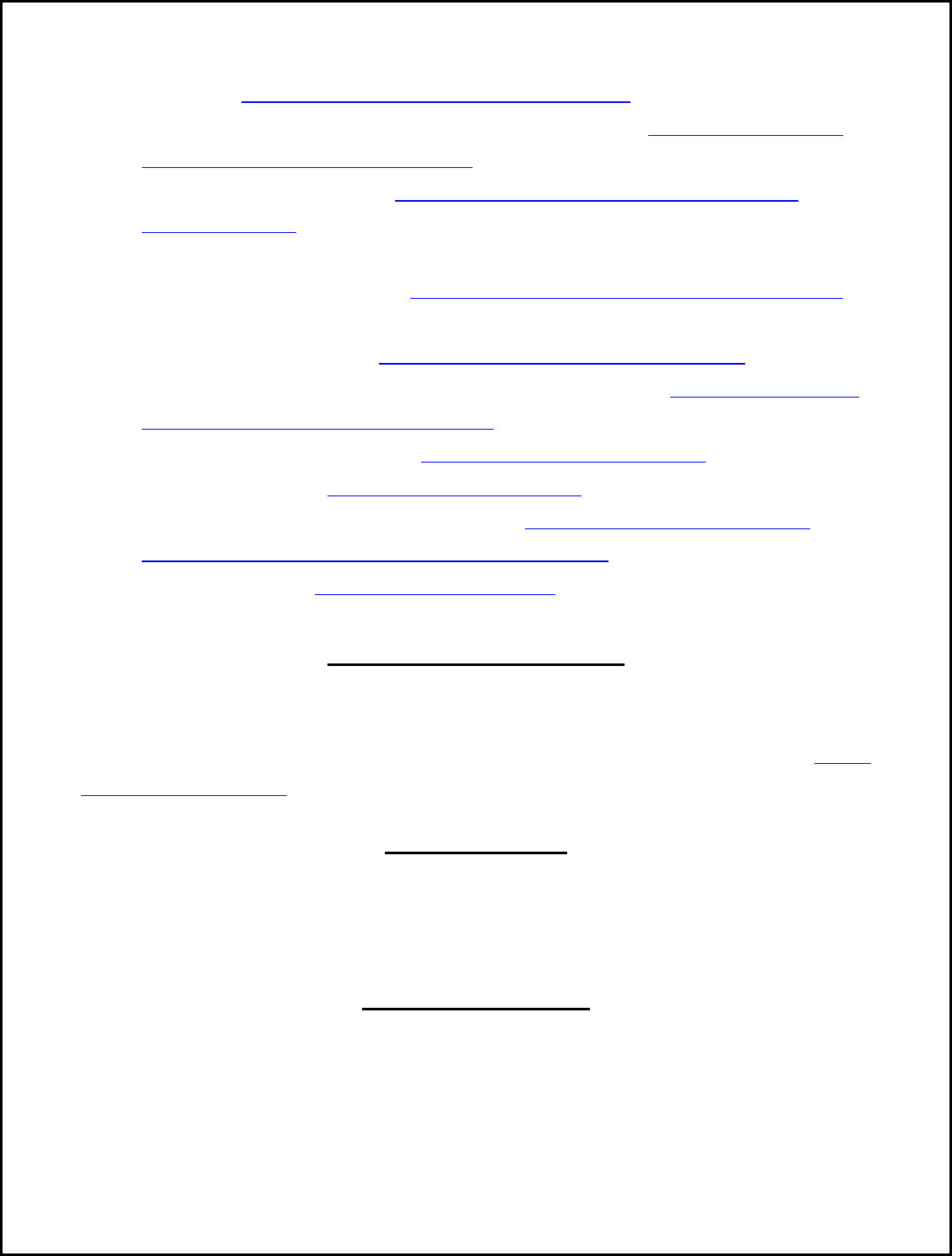
12
• Scholarships Scholarships - Western Illinois University (wiu.edu)
• Scheduling and program calendar, including vacation and holidays (Academic Calendar 2023-
2024 - Western Illinois University (wiu.edu)
• Protection of privacy information Sensitive Data Handling Procedures - Western Illinois
University (wiu.edu)
• Access to personal files, student support services, including health services, counseling and
testing, and financial aid resources (www.wiu.edu/vpas/administrative_procedures_handbook/
)
• Insurance requirements, including those for professional liability, and injury or illness while in a
facility for supervised practice (Insurance - Western Illinois University (wiu.edu)
• Assessment of prior learning and credit toward program requirements (Transfer - Undergraduate
Catalog - Western Illinois University (wiu.edu)
• Disciplinary/termination procedures (www.wiu.edu/policies/acintegrity.php)
• Student support services Student Success Resources - WIU
• Graduation and program completion requirements (University Graduation Requirements -
Undergraduate Catalog - Western Illinois University (wiu.edu)
• Grievance procedures (http://www.wiu.edu/complaints/)
Filing Complaints to ACEND
Students with issues concerning program noncompliance with the ACEND Standards that cannot be
resolved after meetings with the DPD Director, Kinesiology Chair, COEHS Dean, and Provost in this
hierarchy order may submit written complaints on the Complaint Investigation Form to ACEND at
Filing a
Complaint (eatrightpro.org). All options within the program and institution must be exhausted first.
Graduate Surveys
The input of our graduates is of vital importance to the maintenance of quality and curricular
revisions. One year after completion of the program, graduates receive an electronic survey asking them to
rate their preparation. Honest and thoughtful consideration is appreciated for graduates completing the survey.
Student Organizations
Since organizations provide the opportunity to develop leadership skills and form friendships,
students will be encouraged to join one or more of the nutrition-related organizations available. Organizations
invite professional speakers, take trips and tours, and sponsor events on campus. Participation helps build a
strong resume.
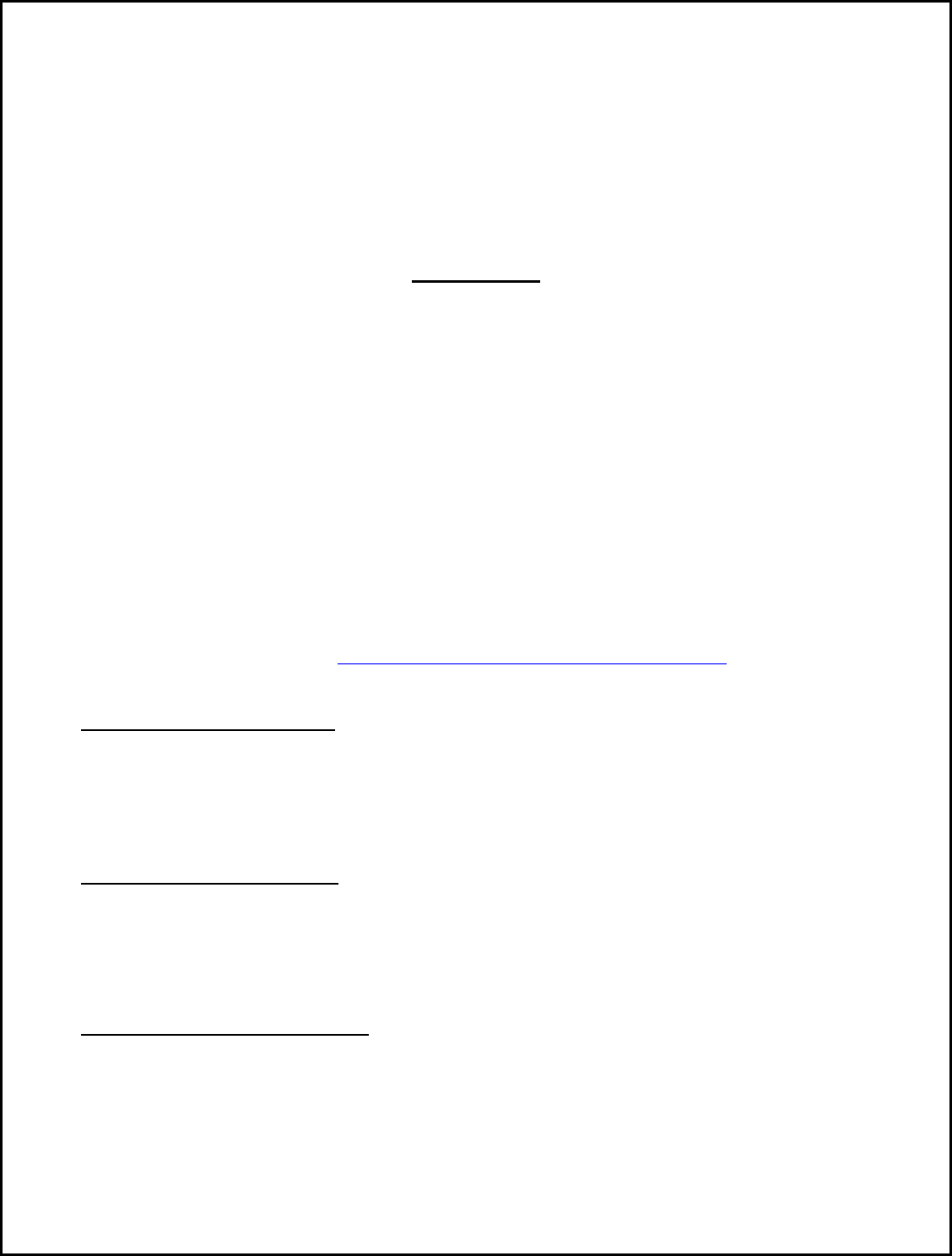
13
• Student Association of Nutrition Education (SANE) is for all students interested in nutrition
and food related topics.
• Food and Culture Club provides multicultural experiences with food, speakers, and music from
around the globe.
• WIU Food Pantry is a student organization and is responsible for the daily operations of the
food pantry located on campus.
Scholarships
Those scholarships open for application to dietetics students are:
Dorothy Holland Scholarship
Margaret Lavery Scholarship
Chef John Lawrence Scholarship
Lila Linder Scholarship
Roscoe G. Linder Scholarship
Sarah Miner Scholarship
Nola and LaVern McEntire Scholarship
Nancy Neeley Scholarship
Marian Sympson Scholarship
In addition to these scholarships, the Kinesiology Department and Academy of Nutrition and
Dietetics provide scholarships. Students should contact Dr. Kanauss for information on these opportunities.
Students should check the specific requirements of each scholarship before applying via the WIU Scholarship
Portal.
Listed below are several scholarships and criteria open to Nutrition and Dietetics majors. If students
are eligible and wish to apply, see
Scholarships - Western Illinois University (wiu.edu).
Dorothy Holland Scholarship
The recipient must have:
A. a minimum GPA of 3.0
B. completed a minimum of 15 SH in Dietetics or NFSM
C. Sophomore, Junior or Senior standing
Students must reapply if renewal is sought.
Margaret Lavery Scholarship
The recipient must:
A. be a Dietetics major
B. have a 3.2 GPA
C. have completed 60 hours of undergraduate credit
Students must reapply if renewal is sought.
Chef John Lawrence Scholarship
To be eligible for this scholarship a student should:
A. be a Dietetics major
B. have Junior or Senior standing when the scholarship funding is to be received
C. write a narrative describing their dedication to the profession of dietetics and dietetic related
activities that the student has participated
Students must reapply if renewal is sought.
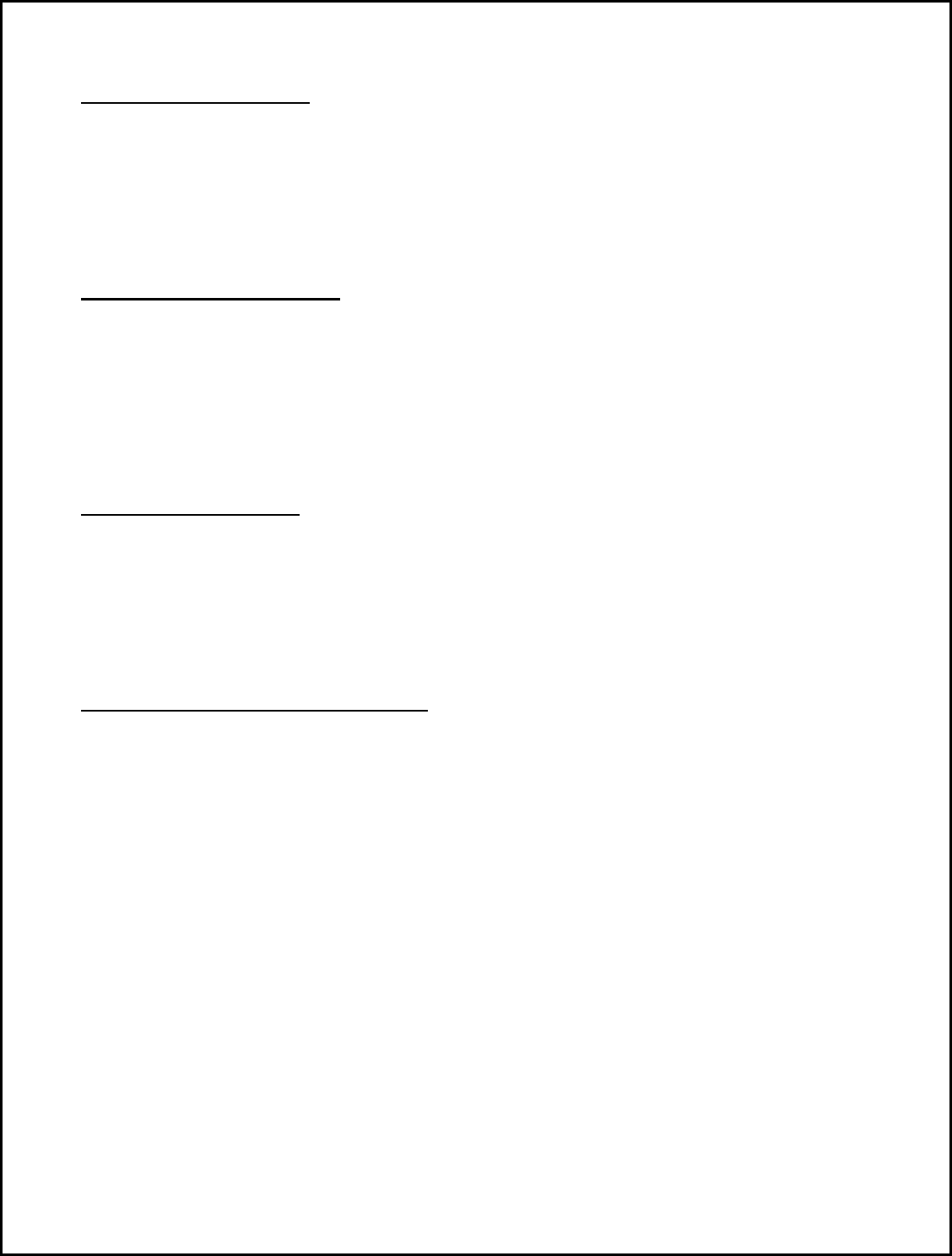
14
Lila S. Linder Scholarship
Eligibility for this scholarship requires that students: (freshmen only)
A. be a high school graduate in the upper 20% of their class or have an ACT total score of 20 or
better
B. must be majoring in Dietetics or NFSM and a full-time student at Western Illinois University
during the scholarship period
C. must demonstrate dependability, leadership, and service to high school and/or community
Students must reapply if renewal is sought.
Roscoe G. Linder Scholarship
The recipient must:
A. be a sophomore majoring in Dietetics or NFSM at Western Illinois University
B. be a sophomore who has completed at least 30 semester hours at Western Illinois University
and plans to graduate from the University
C. have attained a cumulative grade point average of 3.0 or above
D. be a full-time student during the scholarship period
E. have completed at least 6 semester hours in Dietetics or NFSM at Western Illinois University
Students must reapply if renewal is sought.
Sarah Miner Scholarship
The recipient must:
A. be majoring in Dietetics or NFSM at Western Illinois University
B. be a full-time student during the scholarship period
C. be a junior, senior, or fifth year student
D. have a cumulative GPA of 2.8 or higher
E. have completed a minimum of 12 semester hours in Dietetics or NFSM
Students must reapply if renewal is sought.
Nola and LaVern McEntire Scholarship
The recipient must:
A. be a student pursuing the degree in Dietetics
B. have junior standing (60 hours or more) by the end of the semester of application
C. have a minimum grade point average of 3.25 is required
D. be a U.S. citizen
In addition to completing the application form, the student must submit to the Department
Chair:
E. Dietetics or Nutrition faculty person addressing leadership and service within the Department
and University community
F. an employer and/or community organization sponsor addressing evidence of service within
the University or community
G. another individual addressing evidence of service and leadership
Students must reapply if renewal is sought.
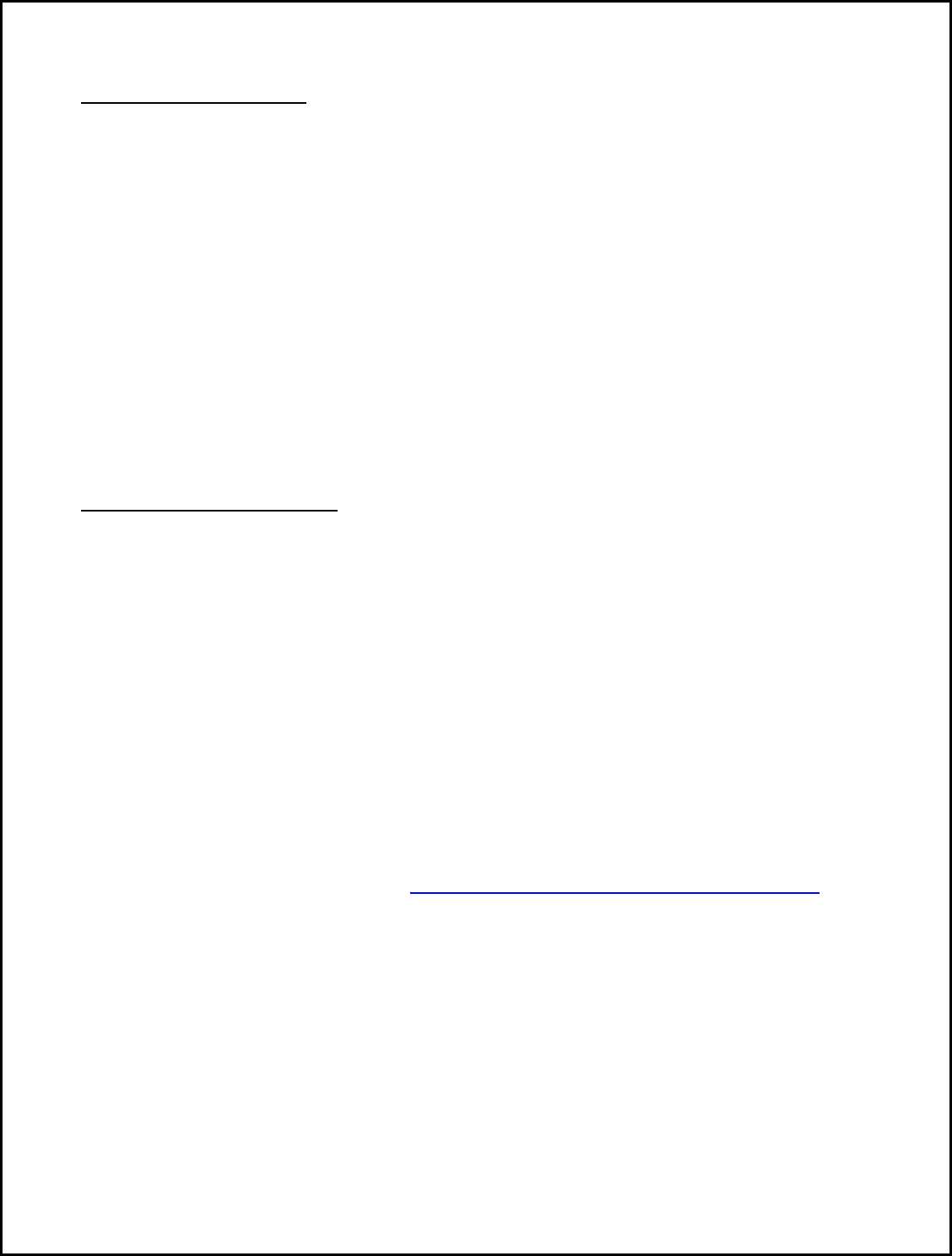
15
Nancy Neeley Scholarship
The recipient must:
A. be a major in Dietetics or NFSM at Western Illinois University
B. be a full-time student during the scholarship period
C. show evidence of intent to graduate from the University
D. demonstrate dependability, leadership, and service
The freshman applicant must:
A. be a high school graduate in the upper 20% of the graduating class OR have an ACT of 20 or
above
B. be registered as a full-time student at Western Illinois University
The sophomore applicant must:
A. be a full-time student at WIU when applying
B. have attained a cumulative GPA of 2.8 or above
C. have completed at least 6 semester hours in Dietetics or NFSM
D. be classified as a sophomore at WIU for the entire year of the scholarship
Students must reapply if renewal is sought.
Marian Sympson Scholarship
The recipient must have:
A. Dietetics or NFSM student completing an internship during the award period (typically, the
summer before or after the senior year)
B. be a student majoring in Dietetics or NFSM at Western Illinois University
C. must have a cumulative grade point average of 2.8 or above
D. complete an internship immediately after completion of all required coursework or with the
permission of the department chair
E. seniors must have completed at least 30 semester hours in Dietetics or NFSM coursework at
Western Illinois University
F. show a strong interest and involvement in Dietetics or Nutrition clubs and employment
G. preference will be given to students completing unpaid internships
H. here is no citizenship requirement
Scholarship is not renewable.
ALL APPLICATIONS ARE AVAILABLE ON THE KINESIOLOGY DEPARTMENT WEBSITE
KINESIOLOGY DEPARTMENT AT Scholarships - Western Illinois University (wiu.edu)
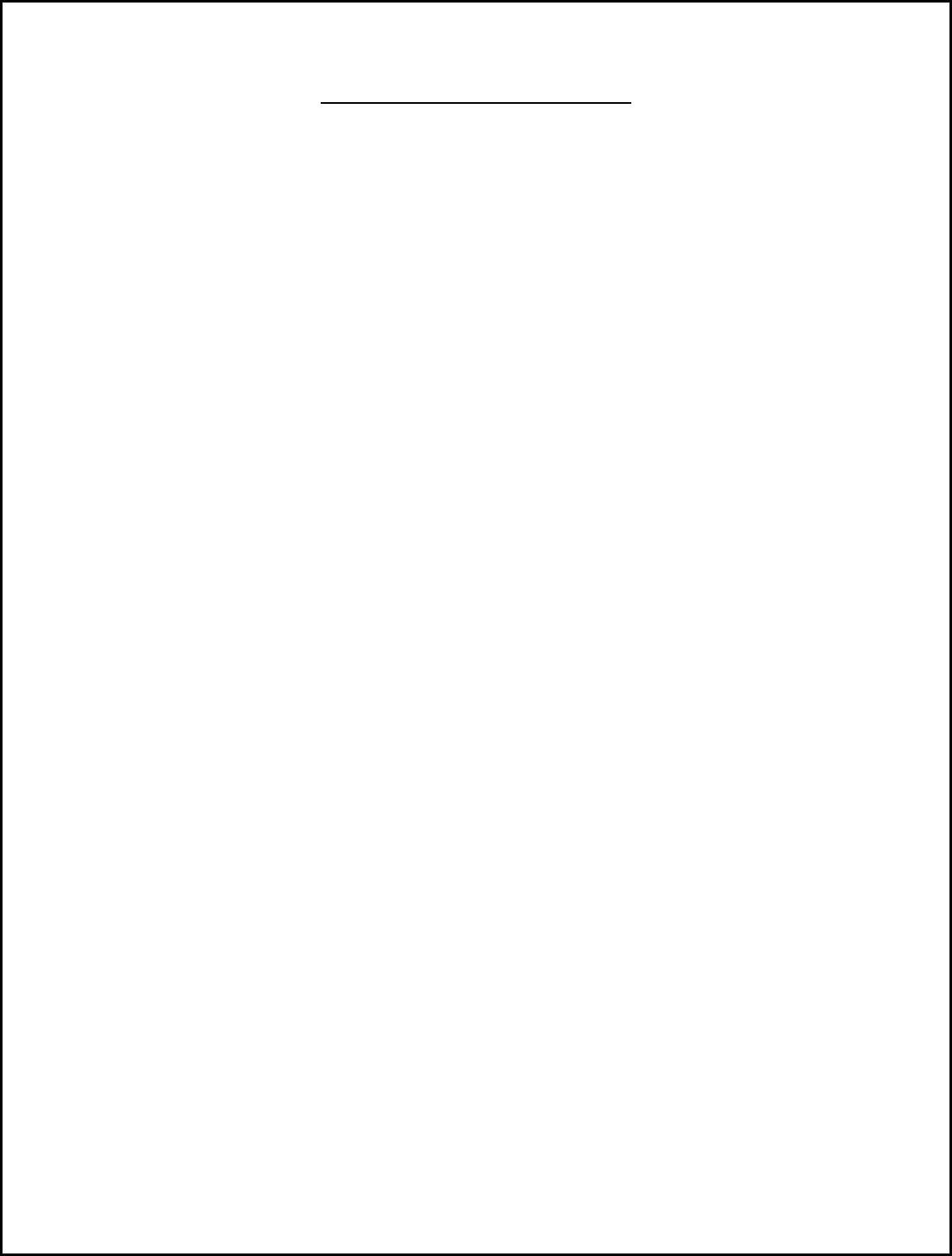
16
ACEND’S 2022 DPD STANDARDS
The Knowledge Requirements for Dietetics/Nutrition (KRDNs) are distributed throughout the curriculum and
will be assessed in particular NUTR courses. Each Nutrition and Dietetics major will need to complete each
KRDN in order to earn a verification statement.
KRDN 1.1 Demonstrate how to locate, interpret, evaluate and use professional literature to make ethical, evidence-based
practice decisions.
KRDN 1.2 Select and use appropriate current information technologies to locate and apply evidence-based guidelines
and protocols.
KRDN 1.3 Apply critical thinking skills.
KRDN 2.1 Demonstrate effective and professional oral and written communication and documentation.
KRDN 2.2 Describe the governance of nutrition and dietetics practice, such as the Scope of Practice for the Registered
Dietitian Nutritionist and the Code of Ethics for the Profession of Nutrition and Dietetics.
KRDN 2.3 Assess the impact of a public policy position on the nutrition and dietetics profession.
KRDN 2.4 Discuss the impact of health care policy and different health care delivery systems on food and nutrition
services.
KRDN 2.5 Identify and describe the work of interprofessional teams and the roles of others with whom the registered
dietitian nutritionist collaborates.
KRDN 2.6 Demonstrate cultural humility, awareness of personal biases and an understanding of cultural differences as
they contribute to diversity, equity and inclusion.
KRDN 2.7 Describe contributing factors to health inequity in nutrition and dietetics including structural bias, social
inequities, health disparities and discrimination.
KRDN 2.8 Participate in a nutrition and dietetics professional organization and explain the significant role of the
organization.
KRDN 2.9 Defend a position on issues impacting the nutrition and dietetics profession.
KRDN 3.1 Use the Nutrition Care Process and clinical workflow elements to assess nutritional parameters, diagnose
nutrition related problems, determine appropriate nutrition interventions and develop plans to monitor the effectiveness
of these interventions.
KRDN 3.2 Develop an educational session or program/educational strategy for a target population.
KRDN 3.3 Demonstrate counseling and education methods to facilitate behavior change and enhance wellness for
diverse individuals and groups.
KRDN 3.4 Practice routine health screening assessments, including measuring blood pressure and conducting waived
point-of-care laboratory testing (such as blood glucose or cholesterol).
KRDN 3.5 Describe concepts of nutritional genomics and how they relate to medical nutrition therapy, health and
disease.
KRDN 3.6 Develop nutritionally sound meals, menus and meal plans that promote health and disease management and
meet client’s/patient’s needs.
KRDN 4.1 Apply management theories to the development of programs or services.
KRDN 4.2 Evaluate a budget/financial management plan and interpret financial data.
KRDN 4.3 Demonstrate an understanding of the regulation system related to billing and coding, what services are
reimbursable by third party payers, and how reimbursement may be obtained.
KRDN 4.4 Apply the principles of human resource management to different situations.
KRDN 4.5 Apply safety and sanitation principles related to food, personnel and consumers.
KRDN 4.6 Explain the processes involved in delivering quality food and nutrition services.
KRDN 4.7 Evaluate data to be used in decision-making for continuous quality improvement.
KRDN 5.1 Perform self-assessment that includes awareness in terms of learning and leadership styles and cultural
orientation and develop goals for self-improvement.
KRDN 5.2 Identify and articulate one’s skills, strengths, knowledge and experiences relevant to the position desired and
career goals.
KRDN 5.3 Practice how to self-advocate for opportunities in a variety of settings (such as asking for needed support,
presenting an elevator pitch).
KRDN 5.4 Practice resolving differences or dealing with conflict.
KRDN 5.5 Promote team involvement and recognize the skills of each member.
KRDN 5.6 Demonstrate an understanding of the importance and expectations of a professional in mentoring and
precepting others.
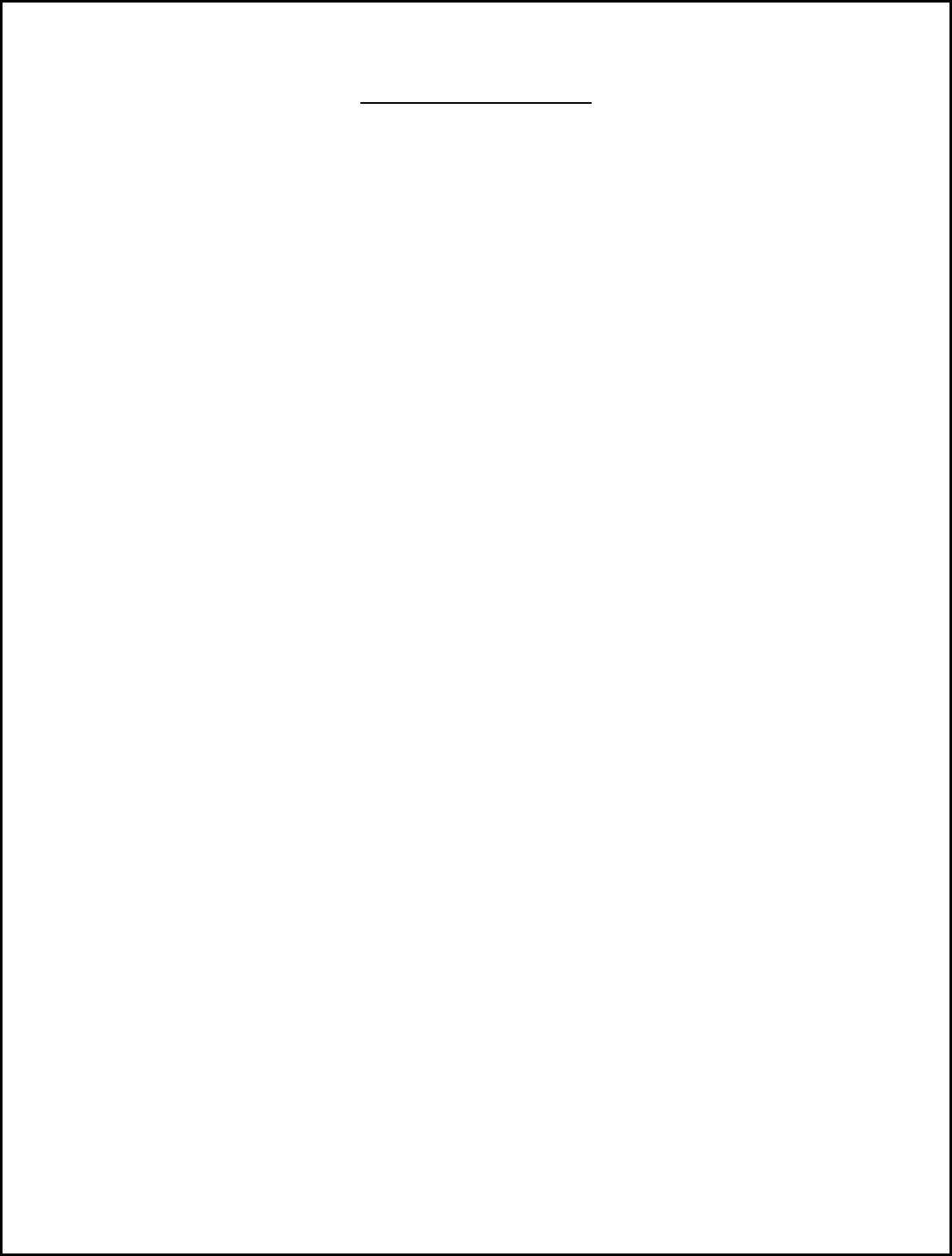
17
Nutrition (NUTR) Courses
109 Introduction to Nutrition. (3) (General Education/Human Well-Being) Basic principles of human nutrition
related to maintenance of optimum nutritional status.
203 Child Nutrition. (2) Evaluation of the nutrition needs and problems of children and examination of the foodservice
and nutrition components in programs designed for children. Activities outside of class may be required. Prerequisite:
NUTR 109.
206 Nutrition and Foodservice Management Practicum. (3) A course designed to give students practicum experience
in the nutrition and/or foodservice management industries. Prerequisites: ServSafe Manager Certificate, NUTR 109, and
NUTR 220.
209 Intermediate Nutrition. (3) Presents an intermediate-level overview of the digestion and metabolism of the
macronutrients. Reviews descriptive and analytic research methods and basic statistics. Prerequisite: NUTR 109.
220 Foods and Nutrition. (3) This course will introduce students to basic cooking techniques and cost analysis while
evaluating menu items for nutrition quality and allergens. Offered online only. Prerequisites: NUTR 109; ServSafe Food
Manager certification or permission of instructor.
300 Food and Culture. (3) (General Education/Multicultural Studies) (Global Issues) Overview of the socio-cultural
aspects of food and habits. The study of the cultural influences on food in different global societies including
nourishment, health beliefs and practices, religion, cross-cultural communication, and health status outcomes.
Prerequisites: junior standing or permission of instructor.
301 Food Science Theory and Applications. (3) Basic food science principles and applications in the field of dietetics.
Prerequisites: NUTR 109, 220; CHEM 101; or permission of instructor. 2 hrs. lect.; 3 hrs. lab.
305 Nutrition Throughout the Life Span. (3) Evaluation of nutritional needs and problems and identification of
community nutrition programs for individuals at different stages of the lifespan. Prerequisite: NUTR 109. Activities
outside of class may be required.
306 Nutrition Science I. (3) A study of the physiological and biochemical aspects of nutrition. Prerequisites: NUTR
209; CHEM 101 and 102.
308 Nutrition for the Older Adult. (3) Evaluate the nutrition needs and problems of older adults, and examine the
foodservice and nutrition components in programs designed for older adults. Prerequisite: NUTR 109.
320 Nutrition in Quantity Foods Management I. (3) Culinary math, menu planning, and procurement aspects
associated with quantity food production and service in nutrition related foodservice settings. Offered online only.
Prerequisites: NUTR 109, 220; ServSafe Food Manager certification or permission of instructor.
*Students may complete the required work experience either as paid employees or as volunteers.
However, if serving as a volunteer, they may not be used to replace paid employees. If students have at least 90
hours of recent (5 years or less) documented experience in foodservice at a school, hospital, or nursing home and
have performed the duties listed, contact the Program Director about getting prior learning credit for the
experience. However, students will still be responsible for completing the individual session with the instructor.
379 Nutrition Travel Studies. (3) Studies of international and domestic properties, facilities, and agencies related to the
nutrition industry. Prerequisite or corequisite: NUTR 109.
404 Nutrition Assessment. (3) Methods of screening and assessment of nutritional status including clinical,
biochemical, and anthropometric measurements. Prerequisite: NUTR 209.
405 Nutrition Science II. (3) Biochemical and physiological basis of nutrients in metabolism and their interrelations.
Research methodology used in nutrition. Prerequisite: NUTR 306.
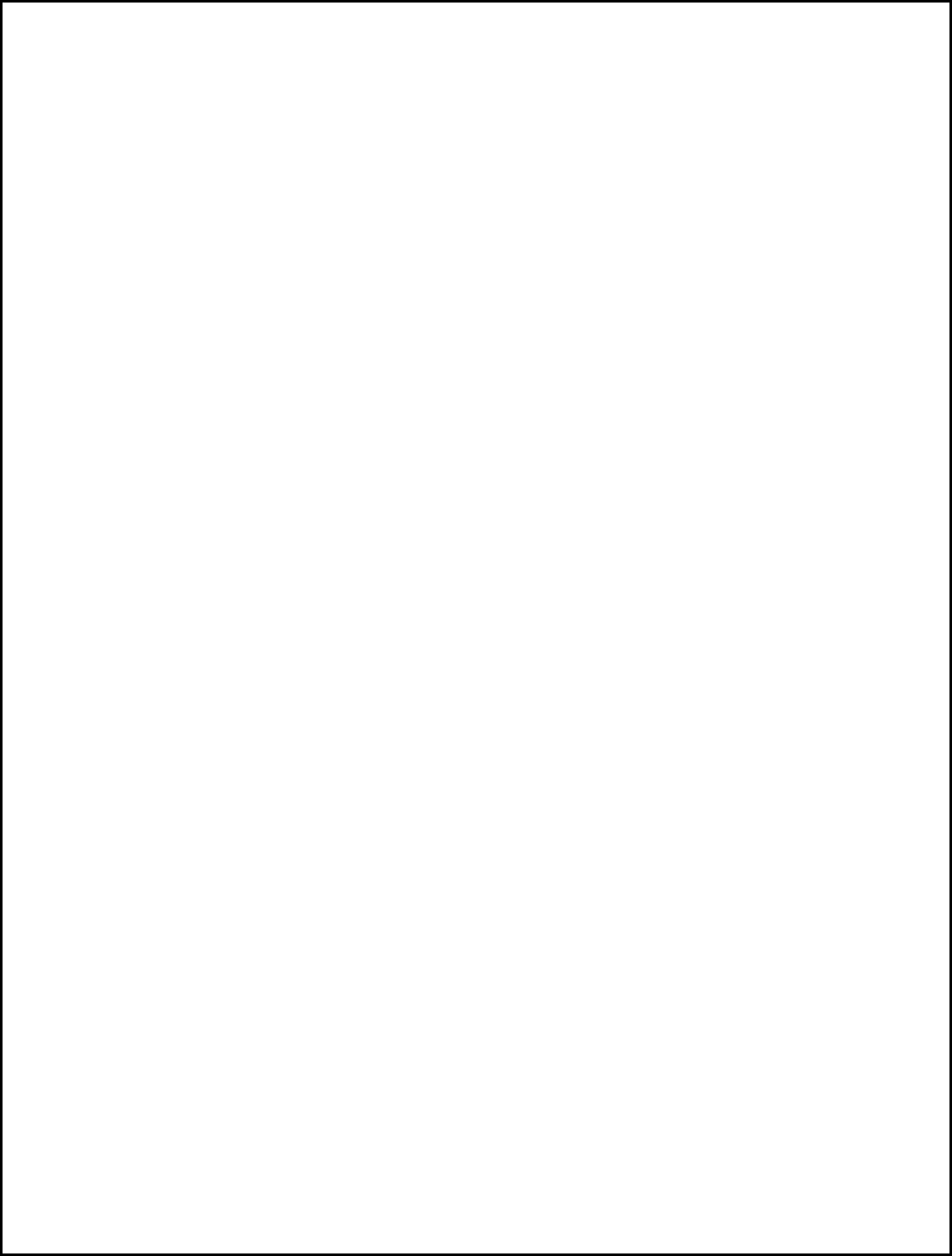
18
406 Medical Nutrition Therapy I. (3) A study of the physiological and biochemical basis for using therapeutic diets for
cardiovascular disease, diabetes, and renal conditions among others. Prerequisite: NUTR 404.
407 (Cross-listed with HS 407) Methods and Techniques for Health-Related Communication and Education. (3)
Theories and methods for changing lifestyle behaviors. Development of professional health communication and
education skills. Not open to students with credit for HS 407. Prerequisite or Corequisite: junior standing or permission
of instructor.
408 (Cross-listed with HS 408) Community Nutrition and Health Program Development. (3) Development and
evaluation of nutrition and health programs for the community. Writing Instruction in the Disciplines (WID) course. Not
open to students with credit for HS 408. Prerequisites: ENG 180 and 280. Activities outside of class may be required.
409 Dietetics Practicum. (2) Practicum provides students with the opportunity to experience various aspects of dietetics
including clinical, foodservice management, and community nutrition in a practical setting. Prerequisites: junior standing
or permission of the instructor.
410 Medical Nutrition Therapy II. (3) A study of the physiological and biochemical basis for using therapeutic diets
for GI disorders, pulmonary diseases, and cancer among others. Prerequisites: NUTR 404.
411 (Formerly NUTR 304) (Cross-listed with HS 411) Principles of Epidemiology and Health Informatics. (3)
Methods of epidemiologic investigation and research. Locating professional literature, evaluating research, and evidence-
based practice. Not open to students with credit for HS 411. Prerequisite: STAT 171. Prerequisite or Corequisite: HS 410
or permission of instructor.
420 Nutrition in Quantity Foods Management II. (3) Application of financial aspects needed to facilitate foodservice
or nutrition service operations including budgeting, staffing, and leadership styles. Offered online only. Prerequisites:
NUTR 320, math competency, and senior standing; or permission of instructor.
438 Nutrition Pre-Internship. (1) Researching accredited dietetic internships. Completion of DICAS application and
other professional documents. Prerequisite: permission of instructor.
440 Nutrition and Foodservice Management Internship. (9) Supervised field experience for application of theory and
skills in an agency or property approved by the department. Prerequisites: senior standing; NUTR 438; GPA of 2.5 in
four of the following courses: NUTR 420, HM 354, HM 451, NUTR 209, NUTR/HS 408; site approved by department;
approval of internship coordinator or department chair. Graded S/U only.
450 Professional Workshops in Nutrition. (1–3, repeatable with no maximum) These courses are intended for majors
in Nutrition and Foodservice Management, minors in Nutrition, and others interested in the field. They are offered in the
topic areas of Healthy Cooking (1 s.h.), Sports Nutrition (2 s.h.), and Weight Management (1 s.h.). Prerequisite: NUTR
109 or permission of instructor.
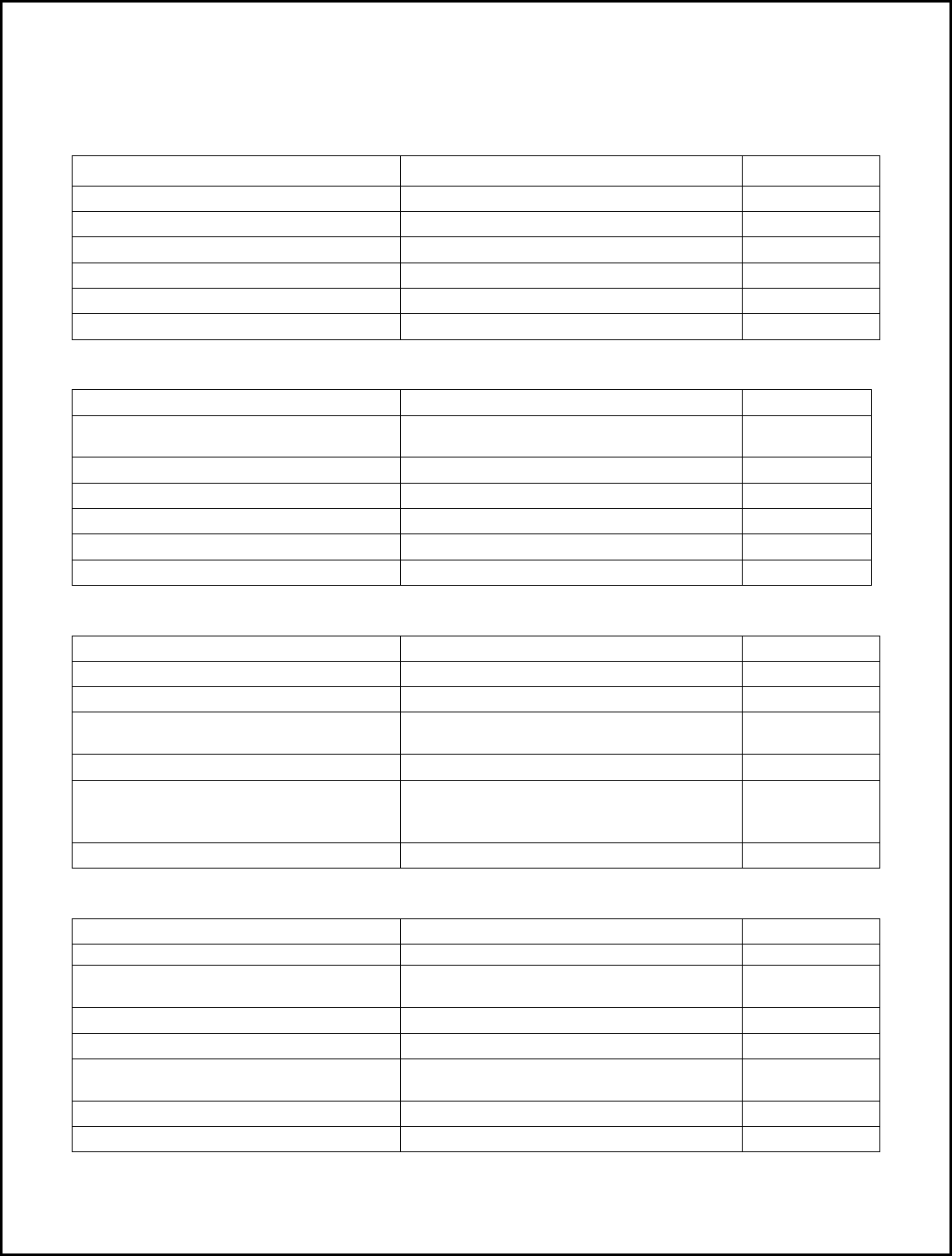
19
Bachelor of Science in Nutrition and Dietetics
FALL 1
ST
YEAR SPRING 1
ST
YEAR SUMMER
COURSE Sem. Hrs.
COURSE Sem. Hrs.
COURSE(S)
*NUTR 109 Introduction to Nutrition (3)
*ENG 180 College Writing I (3)
*CHEM 101 General Chemistry I (4)
* STAT 171 Gen Elementary Statistics (3)
*ZOO 200 Introduction to Animal Biology (4)
*Gen Ed Humanities (3)
*Gen Ed Human Well-Being (1)
*CHEM 102 General Chemistry II (4)
*Gen Ed Social Sciences (3)
Total Semester Hours: 12
Total Semester Hours: 16
FALL 2
ND
YEAR SPRING 2
ND
YEAR SUMMER
COURSE Sem. Hrs.
COURSE Sem. Hrs.
COURSE(S)
NUTR 209 Intermediate Nutrition (3)
NUTR 411 Principles of Epidemiology and
Health Informatics (3)
*ECON 231 Principles of Macroeconomics (3)
*ENG 280 College Writing II (3)
CHEM 221 Biochemistry (4)
*NUTR 300 Food & Culture (3)
KIN 290 Anatomy & Physiology I (3)
KIN 291 Anatomy and Physiology II (3)
*PSY 100 Introduction to Psychology (3)
*Gen Ed Fine Arts (3)
Total Semester Hours: 16
Total Semester Hours: 15
FALL 3
RD
YEAR SPRING 3
RD
YEAR SUMMER
COURSE Sem. Hrs.
COURSE Sem. Hrs.
COURSE(S)
NUTR 305 Nutrition Through Life Span (3)
NUTR 301 Food Science Theory & Applic (3)
*COMM 241 Intro to Public Speaking (3)
HS 410 Human Diseases (3)
NUTR 220 Foods and Nutrition (3)
NUTR 320 Nutrition in Quantity Foods
Management I (3)
MICRO 200 Introductory Microbiology (4)
NUTR 409 Dietetics Practicum (2)
MGT 349 Principles of Mgt. (3)
NUTR 407 Methods and Techniques for
Health-related Communication and Education
(3)
Total Semester Hours: 16
Total Semester Hours: 14
FALL 4
TH
YEAR SPRING 4
TH
YEAR SUMMER
COURSE Sem. Hrs.
COURSE Sem. Hrs.
COURSE(S)
NUTR 404 Nutrition Assessment (3)
NUTR 410 Medical Nutrition Therapy II (3)
NUTR 406 Medical Nutrition Therapy I (3)
+NUTR 408 Community Nutrition and Health
Program Development (3)
NUTR 438 Dietetics Pre-Internship (1)
NUTR 308 Nutrition for the Older Adult (3)
NUTR 306 Nutrition Science I (3)
NUTR 405 Nutrition Science II (3)
NUTR 420 Nutrition in Quantity Foods
Management II (3)
HRM 353 Human Resource Mgt. (3)
*Gen Ed Humanities and Fine Arts (3)
Total Semester Hours: 16
Total Semester Hours: 15
Grand Total Semester Hours: 120 * Gen. Ed. Course +WID Course
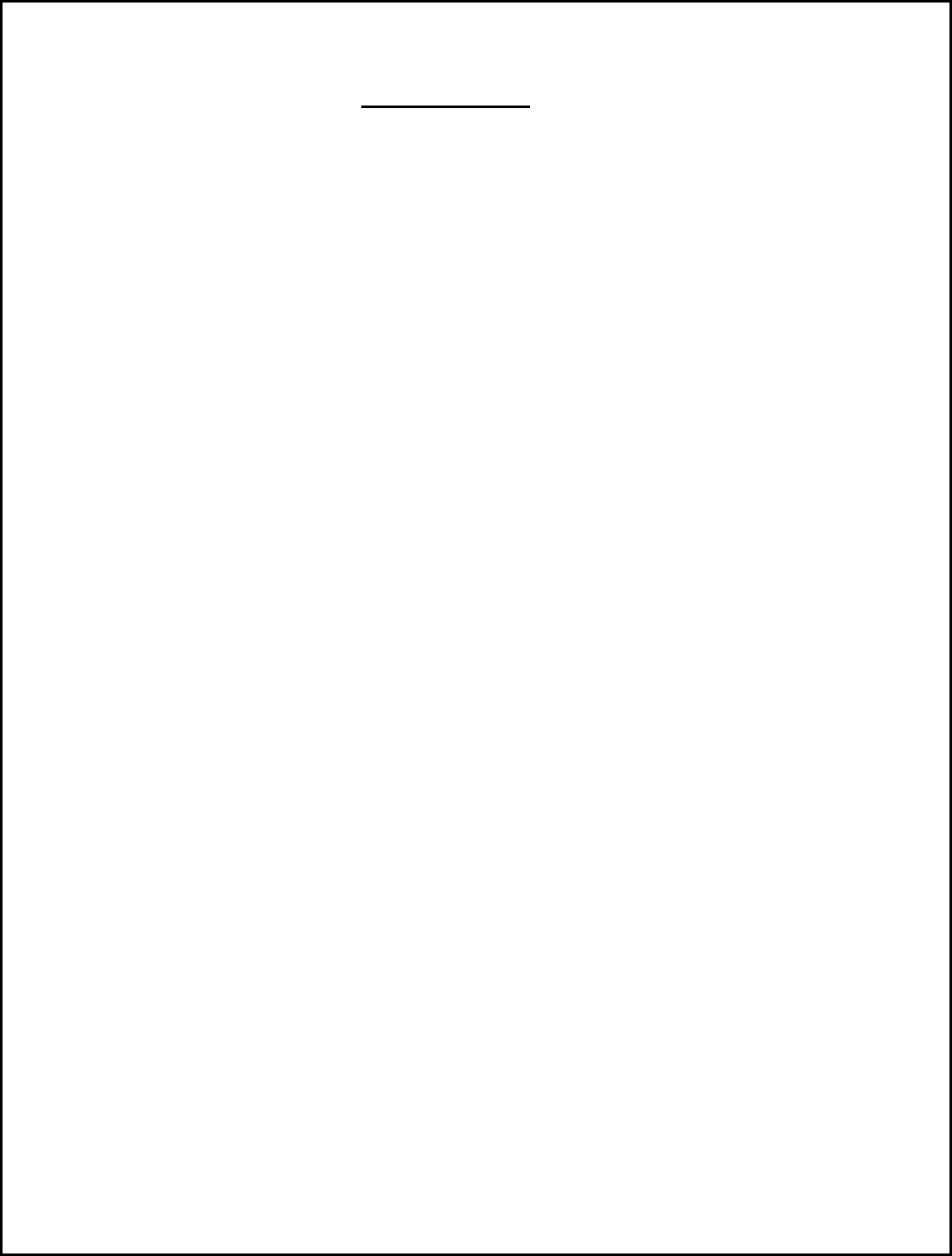
20
Dietetics Faculty
Faculty Office Phone
_________________________________________________________________
Kanauss, Lorri Stipes Hall 402 M 217-430-4545
Shupe, Emily Stipes Hall 402 K 217-242-4724
*Nutrition Resource Room is in Stipes Hall 402 J
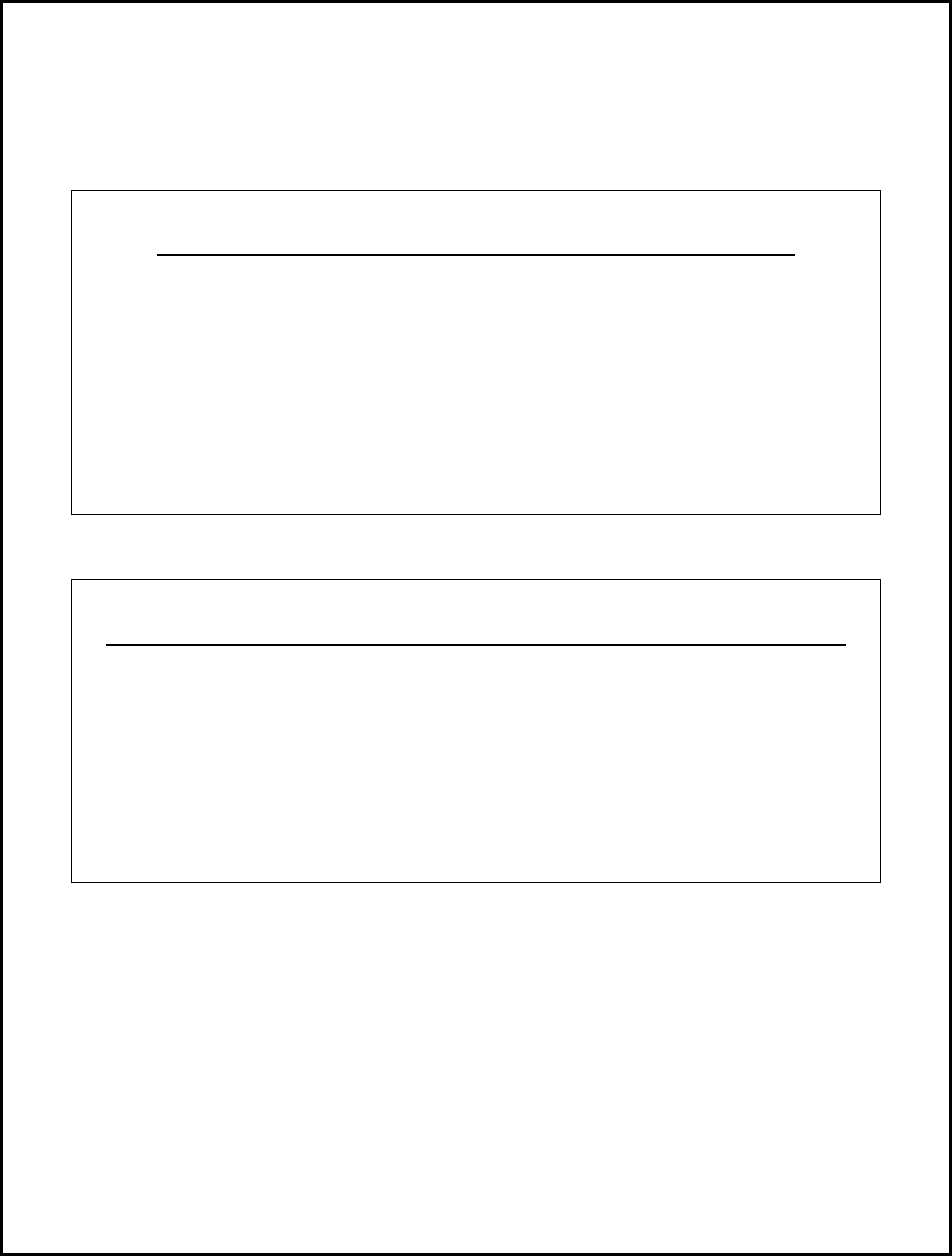
21
Dietetics Handbook Statements of Receipt
STATEMENT OF STUDENT UNDERSTANDING OF DIETETICS POLICIES
I have reviewed the WIU Didactic Program in Dietetics Student Handbook and been given the
opportunity to ask the Program Director questions regarding the policies and information contained in the
Student Handbook.
Date_____________________________ Print Name___________________________________
Signature__________________________________________________________
STATEMENT OF STUDENT UNDERSTANDING OF VERIFICATION REQUIREMENTS
I understand that a cumulative GPA of 2.75 or higher on a 4.00 scale in addition to required competency
achievement in all Knowledge for Registered Dietitian Nutritionists (KRDNs) are necessary to receive a
verification statement from the WIU Nutrition and Dietetics program.
Date_____________________________ Print Name___________________________________
Signature__________________________________________________________
